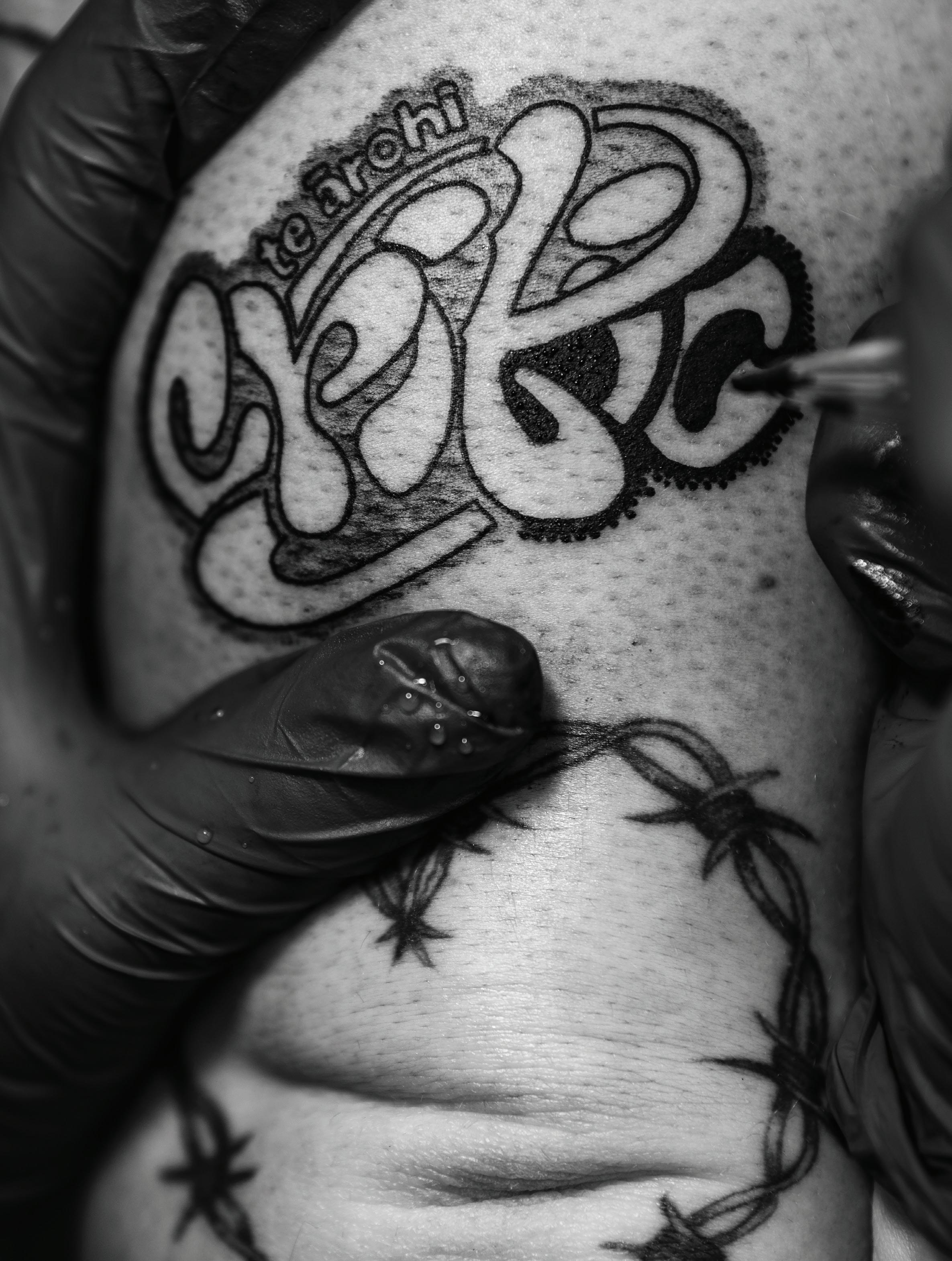

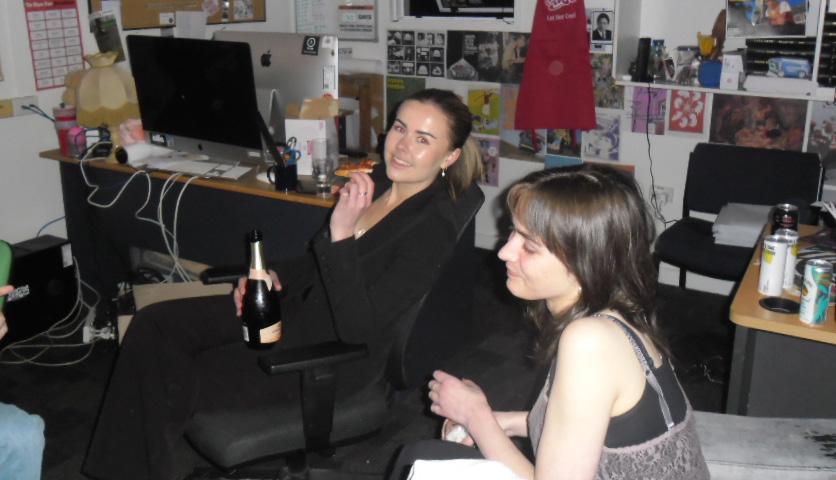




There have been many versions of this editorial – my last.
First was the list of evidence I’d compiled for the eventual case to be made that I’ve aged out of studenthood. It started at the first Critic drinks in O-Week when, rather than opting for Scrumpy (the best value for money), I sipped red wine – from a glass. It only continued from there. Embarrassingly, throughout the year I was forced to ask younger staff members what certain slang meant in their articles (the fuck is “the huzz”) and was informed that my distaste of the Otago Gooning Community was a product of my near-mature frontal lobe. The nail in the coffin? The visceral shock from a newly elected Execcie at my date of birth. Rude.
Next was what I could only describe as an Oscar “thank you” speech. Overcome with sentimentality and love for the magazine that’s been my sole purpose these past few years, I tearfully expressed how simultaneously relieved and saddened I would be to leave. Critic is nothing without the team, and I wrote my heartfelt thank you to the endlessly talented people constituting the collective – who I’ve worked beside, learned from, whose writing I’ve been entrusted to edit, and with whom I’ve cheersed to another mag well done 78 times in three years. But how could I fathom expressing the depth of my gratitude in just 600 words?
I then switched tact into a confession piece titled ‘Cat’s Out of the Bag, I Don’t Care About Castle St’. If I wasn’t going to be sentimental, I was going out with a bang. My take: if there’s anything I’ve learned in my six years at Otago, it’s that the true student culture is found beyond those glass-riddled streets. The performative grossness of Castle and Leith is perpetuated by landlords, alcohol companies, and online casinos who profit from it. Through Critic, I’ve witnessed the true student culture: students who give a shit, pouring seemingly limitless energy into their passions, whether it be cultural, academic, or sporting. My goal has been to reflect this in Critic’s pages – and I hope to never use the word “breatha” again.
Mid-way through drafting this editorial, I had the privilege of reading Iris’s feature article, a profile of our oldest living editor at age 94. It was originally meant for our centenary issue in April, but Paul’s life story is so great that we owed him the time to write it properly. And how glad I am that we did; Iris has written his life’s story so beautifully. I was reminded how, while Critic does its best not to take ourselves too seriously, we do have an important purpose: to hold the University and OUSA accountable, platform the voices of the student body, add to the historic record of Otago Uni, and provide a good laugh and procrastination material. I think we’ve done a pretty good job.
I still recall asking Fox Meyer, who was the editor when I began, how he found enough content to fill a magazine a week. “It’s hard,” he replied. And it’s clear that after three and a half years – starting as a fledgling reporter in third-year, News Editor in fourth-year, and two years as the full-time Editor – I’ve wrung all the content I can muster out of my Otago experience. My notes app, once full with ideas penned at midnight when I couldn’t sleep, has dried up. I’m so grateful to have had this privilege, especially in Critic's 100th year. Thank you for reading, and long live Critic, you old bastard.
NINA BROWN
Kia Ora Critic,

Strongly disagree with the exec choosing to zero the hours of exec members over the summer. In any other job, employees would be entitled to holiday pay and leave over this period, with no expectation that they work!
Executive members are not entitled to any form of leave throughout the year, their hours are expected to meet or exceed the expected average in the position description without allowing any form of break (without sacrificing their pay) across the year. For a union, these sound like terrible working conditions.
The pay for exec members is also piss poor, it hasn't been properly increased in years and is significantly below a liveable wage. There are many other areas of the Budget that any necessary savings could be found from - somehow OUSA spends over $600k a year on marketing! Surely there's a marketing grad with a Canva who could get that cost down.
Finally, cutting the Presidents pay because of their council pay is inconsistent with every other students association across the country. These meetings are full on, and require a lot of prep and other work that often isn't recognised or accounted for in their hours.
Shameful for the exec to be cutting the pay of the students who work hard, seems like petty behaviour wanting to police and micromanage each other's hours over a relatively trivial amount of money. Why is the exec constantly looking to cut each other down?
I would encourage everyone to go to the OUSA AGM and vote against this, the principals of these cuts go against what our union should be fighting for, better conditions and pay for students.
- Someone who thinks students deserve fair working conditions and pay
Editor’s response: I see your point, but since they’re paid an honorarium, not a wage, their pay is based on fulfillment of those hours. The Exec agreed that they don’t work in summer. Whether or not this should be the case is up for debate – which is why I agree that students should definitely make time to go to the AGM to discuss the budget! Especially Canva-kings, apparently.
Send letters to the editor to critic@critic.co.nz to be in to win a $25 UBS voucher.
Dear Nina,
What a year! And what a mag! I've had the joy of not only writing some bits, but also reading some from the 70s-90s for a project. And then there's the complaints directed at it: "it doesn't call enough riots," "it isn't speaking truth to power", "it used to be sooooooo much better in 2018." Even 1984.
The past is past. It's understandable, but pernicious, to think the future is doomed, and that we can rewind to a rose-tinted past. Sure, the mag was larger back then, and there wasn't any neoliberalism, but fuck me, a world without gay rights? There were hardly any students, and oh wow, those letters to the editor are playing bingo with bigotry. I see the past, warts and all — then great each new day, one step in front of the other.
Our lives and land must step into the future. The grass is greener. From,
Harry Stephen Matarik Almey — wishing you the greenest pastures.
Editor’s response: “Playing bingo with bigotry” has to be one of my favourite phrases from you yet. Thanks for your contributions Harry, it’s been a pleasure <3
Critic Te Ārohi belongs to the students of Otago. If you’re keen to get involved in 2026 –anything from writing a column, illustrating a centrefold or reporting on campus news – we have made a Facebook page for contributors. Scan the QR code to get amongst.

Hipkins overtakes Luxon as NZ’s preferred Prime Minister in the latest Taxpayer’s Union-Curia poll, and National has dipped below 30% – its lowest since taking office, RNZ reports Winston Peters, Minister of Foreign Affairs, had his window broken in an attack on his home last week. A man has been charged for the vandalism, who Peters labelled “a disgusting coward”
The Otago Uni Archery Club is holding a quiz night on the 19th of October, starting at 5pm at the Evison Lounge (in the Clubs & Socs building). Tickets are $5 per person and quiz teams are 4-6 people. Check out @archeryclub_ otagouni on Instagram for more info
A thirty-six year old man was murdered in North Dunedin on Friday, October 3rd. Police are appealing for any motorists or pedestrians who were around Great King Street between 5am-2:30pm that day to report any potential evidence to help the investigation.
The 2025 Dunedin Writers & Readers Festival is fast approaching, taking place on October 17th-19th. You can check out the programme on their website (dunedinwritersfestival. co.nz)
Otago University's Wikimedian in Residence, Tamsin Braisher, is running weekly sessions in October to help students and staff learn about the world of Wikipedia. Every Friday this month at Central Library, Seminar Room 2, 12:30–1:30pm. More info at w.wiki/ FWRv
Environment Minister Penny Simmonds has been accused of neglecting her duties after commenting on only eight of 43 fast-track projects she was invited to review – including a controversial gold mining proposal in Waihi
Offshore casinos have infiltrated the Otago Uni flatting scene, paying students thousands to illegally promote online gambling – ‘Paddy Gower Has Issues’ interviewed Critic contributor Sam Soppet about the story he broke in May
The Otago Biochemistry and Genetics Students Association is hosting study sessions for 200- and 300-level students. 300-level student sessions from 2-6pm on the 17th and 31st of October, while a 200-level session is happening on the 24th October from 2-6pm. All sessions will be held in BIG13
Parliament’s inquiry into social media harms to young people began hearing submissions last week, set up in response to a National member’s bill to ban under-16s from platforms – this would follow in the footsteps of Australia, whose world first ban will take effect on December 10
As we head to the end of the year, I wanted to wish you all good luck with exams, and hopefully a restful summer before as many as possible of you return in 2026.
It has been a difficult year for universities in Aotearoa. The year began with us still reeling from the government’s decisions to exclude Humanities and Social Sciences from the Marsden Fund, one of the main sources of research funding for blue skies research. This was, and is, a terrible decision, excluding some of the researchers who hold the key to solving the big challenges of our time from being supported to do their work.
Throughout all of this our staff and students have continued to produce exceptional research. We are heading towards close to our best ever year for external research income. With fewer staff and more students, we still see superb teaching experiences, and breakthrough moments for students. I want to give a huge shoutout to our amazing kaimahi in every sphere.
The Budget in May brought more difficult news. Although we all mostly reacted with a collective “it could have been worse” the net result is that universities will receive less funding per student than we did in 2025. This comes at a time when costs are rising for everyone, and when we are stretching our dollars ever thinner. It means more tough decisions and trade offs after several years of tough decisions and trade offs. This includes student fees – the government is allowing for them to be increased to partially offset
Grant Robertson
University of Otago Vice-Chancellor
the other funding cuts. It's not the place any of us want to be in.
Recently a major report on the future of universities and one on the future of the science (research) system have been released with very limited coverage in the media. The future of universities matters so much for our society and economy, yet we hardly merit a mention in the news.
And that got me thinking about next year. It is an election year. We will all have particular issues that we think are important and we want to see in voters and politicians minds. Will support for universities, research and students be among those?
Between the university administration, staff and students we will not agree on everything that we think should happen – but there is plenty that binds us together. We need properly funded universities, resources for high quality research and students supported for their living costs. I think we should make 2026 the year when we put our future as universities front and centre. This is not about voting for a particular party – it is about how we use our collective voice to make sure that what happens here at Otago and universities around Aotearoa is valued and supported.
So, my best wishes again. Thanks for being a part of Ōtākou Whakaihu Waka in 2025, and here’s to a new year of positivity, possibility and kotahitanga in 2026.

Will any more Exec members face an honorarium cut? Keep reading to find out!
At last week’s Exec meeting, the last half of the quarter three reports were approved. Here’s what those Exec members got up to to get paid for their honorarium (i.e., top-up their StudyLink). It was a drama-filled quarter for many, but here’s what the Exec were doing when Critic Te Ārohi wasn’t reporting.
Q3 Average Hours - 17.23/20
For the Finance and Strategy Officer (FSO), quarter three’s work was dominated by getting the OUSA budget ready for student approval at the upcoming AGM (23rd October, 12:45pm in the Main Common Room). “The Executive budget continues to look
By Gryffin Blockley News Editor // news@critic.co.nz
good from savings in Officer Honorariums from January and February,” Daniel wrote.
Outside of the money stuff, local election work shaped Daniel’s quarter as the chair of the Political Action Committee because Jett could'nt. He helped organise both the visits to first-year halls to drive voter registration and mayoral candidate forums with the Debating Society. Behind the scenes, a proposal for bulk power and Wifi discounts for students is being worked on, and seven out of eight committees he’s a part of have met.
Daniel did admit campaigns have “fallen by the wayside” at this point in the year. “It's a shame that we haven’t been able to do more but I think a big reason for that is overcommitting early on,”
said Daniel. Owing to having taken a week off during the semester break (“there was one week where I pretty much didn’t work at all in early July”) Daniel was under his hours in the last quarter.
At last week’s Exec meeting, President Liam asked Daniel what his plan was to make up his hours. Daniel replied, “Realistically they're not gonna be made up cause it’s exams in a few weeks and Exec stuff is about to be winding up,” but he would try his “damn best”. After some back and forth about whether a cut would be fair (similar to that Liam and Amy W received a couple weeks ago) the decision was made to cut Daniel’s honorarium by 10% for the next month.
Q3 Average Hours - 20.12/20
Last quarter saw a final push to get a lecture recordings policy approved, as a University Senate meeting in the coming weeks determines its fate. A chalking demonstration was arranged inviting students to write their reasons for wanting – often needing – lecture recordings. Stella also pushed the policy by speaking to the media: Critic Te Ārohi and the ODT. Focus groups of tauira from different groups were arranged which had good engagement, including interactions with students who weren’t aware of the precarious nature of lecture recordings.
Beyond lecture recordings, Stella has attended or been involved in 19 different committees, and has been working with the Deputy Vice Chancellor (Academic) on the Blackboard replacement. In other news too, Stella said she’s “dealt with a lot of academic grievance issues this quarter,” and put her planned campaigns on paid placements and an AI expo on hold for the rest of the year. Stella’s report and honorarium were kept at 100% for the next quarter, with Prezzie Liam telling her, “You should be incredibly proud of the work you’ve done.”
Q3 Average Hours - 8.38/10
Quarter three coincided with the beginning of semester two, bringing a new cohort of international tauira to Otago. Buki has had plenty of work to do, who said the international student welcome event was a “massive success” – as was the multicultural ball. For OISA, Buki re-ran a karaoke night (after the first one was so successful) and he also gave a campus tour to the Japan ambassador programme for the Council. He’s also helped Stella with consultation for the lecture recordings policy, collaborated with UniCrew and the Social Impact Studio, and ran a beach clean-up with a tour bus full of international students. Buki’s report posed no issues to the Exec, and Admin-VP Amy M particularly praised him for being the “most committed” Exec member for helping out with OUSA elections. For this, his report was accepted and he was awarded his full honorarium.
Q3 Average Hours - 9.46/10
The last quarter was a busy time for many clubs and societies, leaving Deborah with plenty of work to do. Lots of grants were given out, and meetings arranged with the outdoor clubs over club’s alcohol and welfare policy. She also helped liaise with the Debating Society to run local-election mayoral forums for OUSA, and has been encouraging clubs and socs to hit up Critic and the University Zine – Te Aka Tauira. Deborah sits on seven different OUSA committees, and has completed a grants policy review this quarter too. In Q3, she discovered and promoted the Emerging
Leader Programme to club executives, and has also been attending the AGMs of many clubs as a returning officer (with many more to come in Q4).
Deborah admits she was a bit under her hours last quarter, due to being overseas and not working for three weeks over semester break. Since getting back, however, she’s worked over 10 hours every week (“and many weeks significantly over”). When Deborah left last week’s Exec meeting for the Exec to discuss her report, she had barely enough time to shut the door behind her before they unanimously agreed to accept her report and give her 100% of her honorarium. “I appreciate it has been a difficult quarter […] you have been fantastic,” said Liam as Deborah walked back in.
Q3 Average Hours - 10.58/10
Submissions on policy are the bread and butter for OUSA’s Political Rep, and Jett is no exception. He submitted on five different policies or bills – everything from elections, to parking and entertainment. Jett also orally submitted for the Regulatory Standards Bill to Parliament for OUSA, and is in talks on beginning two more policy submissions. Beyond these, Jett has written numerous letters to MPs and Ministers about key issues affecting students currently. He even snagged in-person meetings with politicians Francisco Hernandez, Christine Garey, Rachel Brooking, Shanan Halbert, Tim Mepham, and Elliot Weir last quarter. For the University, Jett is also involved in the information management governance committee and web transformation group.
At last week’s Exec meeting, a conversation around Jett’s conduct and conflict of interest management reared its head while discussing his report. While he had met his hours, numerous Executive members expressed concerns over Jett’s failing to unpin a TikTok about OUSA on his election account (violating his conflict of interest management plan), a lack of communication, and his lack of involvement in helping with OUSA elections. Buki expressed his disappointment saying “he didn’t come to the table at all”, concurred by Amy M who oversaw most of the Exec’s election work. After a (long) discussion, ultimately the Exec voted to indefinitely reduce Jett’s honorarium by 30%.
Q3 Average Hours - 4.9/10
Callum has been pretty absent this year in the eyes of Critic Te Ārohi, often showing up late to Exec meetings, not showing up at all, or leaving early. According to his report, though, Callum’s had meetings with Campus Watch, three different Residential College committees, “built rapport” with Student Support, and helped with Te Wiki o Te Reo Māori. On his current goals, Callum finished visiting all the halls, helped President Liam create a flatting survey, and has given advice on housing to a number of concerned students.
The glaring issue with Callum’s report: he’s well below hours. He knows this, too, saying, “I will continue to carry out this work and fulfil my responsibilities as best as possible, but I respectfully request a full pay cut for the remainder of my term. This decision reflects my recognition of the areas where my performance can improve, while ensuring that the role continues to serve students effectively without financial burden.” The Executive agreed –Callum’s honorarium has been cut for the rest of the year. While there are concerns that this may mean Callum abandons his work for the rest of the year, as Stella and Amy M put it: “He’s not doing anything anyways.”

Student Support warns benefit restrictions could have “serious ramifications”
Prime Minister Chris Luxon and Minister for Social Development Louise Upston announced last week that the Government will be imposing further restrictions for Jobseeker applicants. The news sparked an influx of national headlines speculating whether Luxon’s “tough love” approach was a warranted push for youth into employment, or a concerningly out of touch policy that punishes young people for an economic crisis they didn’t create. Unemployed Otago students say it’s the latter.
The Government’s announcement stated that parents earning more than a combined $65,000 per annum would disqualify their 18 or 19-year-old from receiving Jobseeker Support. It also includes a $1,000 bonus for those who become employed and stay employed for a year. Currently, 15,045 18-19 year olds receive Jobseeker Support, 4,300 of which are expected to lose entitlements once the changes come into effect in November 2026. Luxon said, “It’s an incredibly exciting world, but the world doesn’t owe you a living, and nor except in limited circumstances do taxpayers.” In other words: get off the couch and stop playing PlayStation (he said that, too).
A Spinoff article crunched the numbers. This includes the figure that 1,200 people applied for one admin role in two days, that 30,000 people moved to Australia last year, and that since 2023, there has been a 41% increase in Jobseeker claims for 18-24 year olds. One commenter on the article, someone who claimed to work in employment support for young people and Jobseekers with disability for five years, said, “The market is as bad as I’ve ever seen it, with few indications that it’s going to change. My young people are DESPERATE for a job [...] but there aren’t jobs in entry level positions.”
For those positions, there are unprecedented numbers of applications. Data from Seek showed that last year, the number of applications per job was up 32% compared to 2023. RNZ reported in August that unemployment rates are at a five-year high, with young people among the hardest hit according to economists.
With summer approaching, signalling the end of StudyLink payments for tauira, many are struggling to find work and opting to go on the benefit instead. Student Job Search is “basically empty,” said one student, “and [I know] it’s not just me having difficulty finding work.” Quintin, former OUSA President, shared that it had taken their partner around 9 months to find work after
By Nina Brown Editor // critic@critic.co.nz
graduating with a Master’s. Another student said, “According to the hundreds of entry jobs I’ve been declined from, it’s complete bs.” Not even Macca’s.
Many repeated the same sentiment: it’s not that young people need to “get off the couch” to discover the exciting world of employment Luxon claims is out there – there simply aren’t enough jobs to go around. In our own backyard, OUSA has noticed a significant increase in applications for permanent roles. For example, the same role that received 44 applications last year had 128 in 2025. “What we’re seeing clearly reflects the current state of employment [...] many young people are struggling to secure employment after university, often competing with more experienced professionals for the same positions,” said OUSA HR Advisor Lauren Scrimgeour. From recent interviews for casual roles for the Dunedin Craft Beer and Food Festival, she said that it’s clear that both students and professionals are casting a wide net, applying for positions across New Zealand in an effort to find some means of employment.
Student Support Manager Dwaine Tait told Critic Te Ārohi that his team had noticed similar trends. “We at the Centre are concerned that a growing number of students will struggle to find work during semester breaks, a time when many rely on it to supplement their living expenses,” he said. “With limited employment opportunities available, students are often left depending on critical supports just to get by.” For students who find themselves no longer eligible for government support, Dwaine warned that this could have “serious ramifications to their studies, not to mention the impact it will have on their daily lives.”
Student Job Search has joined the conversation, a charitable organisation who has connected students with employers for more than 40 years. Chief Executive Louise Saviker said in a press release that job listings are actually up 16% compared to 2024, but there’s been a 28% increase in applications in the same time period as living costs and study expenses have gone up. Heading into summer, Louise encouraged businesses and household employers to list their jobs with SJS. “Students are often uniquely placed to be available at short notice bringing energy and meaningful impact to the roles they take on.” If not, word on the street is that the Aussie gold mines are hiring.
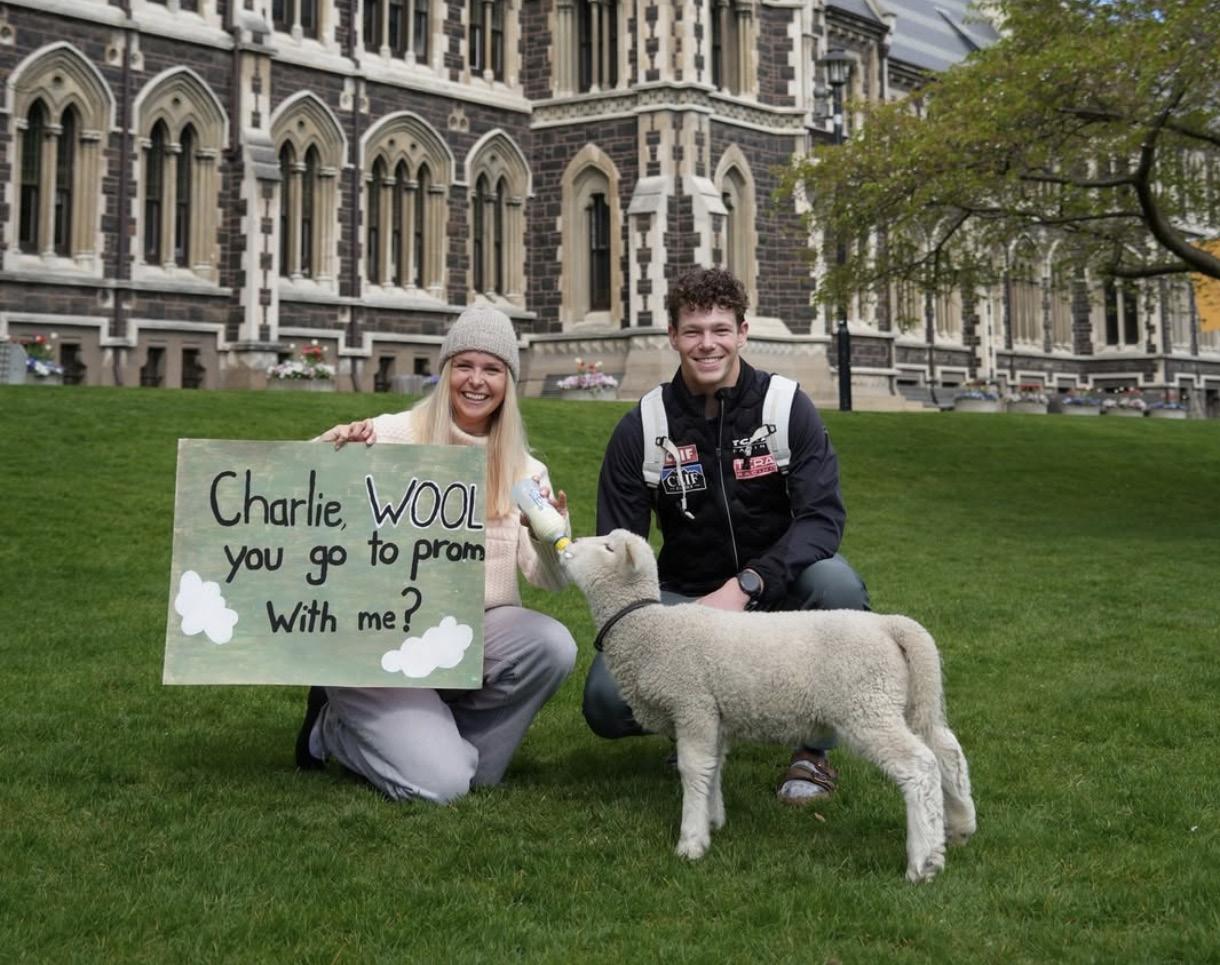
“Wool” you go to the prom with me?
A group of exchange students swapped their jorts and scuffs for black tie attire on Saturday, October 4th to bring Americanstyle proms to Ōtepoti. Complete with elaborate promposals, the classic awkward photos, and highly sought after awards, organisers Buck and Murray described the “magical night of organised fun” as some of their “best work.”
Promposals had to be done by the girls – both publicly and on camera – with pairings determined randomly. The girls delivered. What started as a joke turned into full-blown theatre in the week leading up to the event. One promposal was broadcast live on Radio One, another involved hijacking the Unipol Gym mic system, and a third involved a live sheep.
The promposals drew the attention of Otago Uni’s official Instagram, who posted a photo of the couple and a lamb before the Clocktower holding a sign that read, “Charlie, WOOL you go to the prom with me?” No one can say these girls don’t commit. The night went off without a hitch. The most anticipated event of the night was the awards ceremony with categories such as ‘Most Likely to Have the Ugliest Dog’, ‘Soldier Wounded in Action' (don’t
By Liberty Murray Contributor // news@critic.co.nz
try snowboarding on your semester abroad), and the coveted ‘Best Promposal’ crown (the sheep took the win). One pleased winner described the moment as “euphoric”.
The strict set of rules mandated universal drinking laws – no use of first names – and ordered the use of Flamingo scooters as transport to Subs, where they danced the night away out of the pouring rain. Only five cadets fell down the treacherous Subs’ stairs, one taking an innocent bystander down with him. Post-town, the group split among North Dunedin flats for kickons, facing more difficulty with not falling over, passionate debates over who really deserved the ‘Most Likely to Have the Ugliest Dog’ award, and for one prom-goer, a stream of vomit straight to the leg after missing the clogged sink. The true American prom experience.

students are bloody talented at their side quests
The annual Blues and Golds awards were held last Thursday to celebrate cultural and sporting achievements of Otago tauira. The yearly ceremony is a collaboration between the University and OUSA, proving just how well some students are able to lock in. In total, 56 individuals or clubs got an award. Ka pai to all involved.
Beyond the Blues and Golds, celebrating sporting and cultural achievements respectively, were Silver Service and a few other big-ticket awards. All together, 10 awards, 19 Silver Service, 27 Blues and two Golds were given out last week. The awards also heavily emphasise community service – Payton Mitchell and Charlotte Smith were each awarded Outstanding Member of the University of Otago and Dunedin communities for their services.
Emilia Finer is the University of Otago Sportsperson of the Year. A swimmer, Emilia competes in multiple disciplines, but her speciality is ice swimming. Braving water temperatures of sub 5ºC, even colder than a mid-winter St Clair dip, Emilia recently competed in the Ice Swimming World Championships in Molveno, Italy. In four different events, Emilia was the fastest in the women’s 18-24 age group, and even managed to set an age group record in the 500m freestyle event.
Ian Audas was highly commended for Sportsperson of the Year for his excellence at ice hockey. Hannah Matehaere won the prize for University of Otago Māori Sportsperson of the Year for her distinctive achievements in rowing as an individual. The Otago University Rowing Club snagged OUSA Sports Club of the Year. The Otago Dance Association won highly commended, and Otago University Swim Club got a special mention in this category. Rounding out the sporting achievements was Neil Carr, who won OUSA Coach of the Year for their rowing efforts.
By Gryffin Blockley News Editor // news@critic.co.nz
Taking out OUSA Society of the Year was the Otago University Debating Society (obviously argued a good case as to why they should win). The Otago Consulting Club and Microbiology & Immunology Student Associations both received highly commended. OUSA Cultural Society of the Year went to the Otago Malaysian Students’ Association. The Muslim University Students’ Association got highly commended, while a special mention was given to Otago University Omani Students’ Association as well.
Charlie Butler took out the award for Outstanding Contribution to Arts and Culture for her achievements in dance. Charlie is President of the Otago Dance Association (ODA). In her time as ODA President, she co-directed and produced ‘Motion Sickness’, which won ‘Best Dance Item’ in the Dunedin Fringe Festival earlier this year. Outside of ODA, she choreographed and was a lead supporting role in the 2025 Capping Show, and co-directed Law Revue this year ‘What we do in the Law School’.
OUSA Administrative Vice President Amy Martin, who was involved in the judging process for the awards, told Critic Te Ārohi that reading through the applications and seeing the full extent of what Otago students are achieving was both inspiring and humbling. “It really highlights just how much passion, talent, and commitment our students bring to so many different areas,” said Amy. “It’s amazing for the students to have the opportunity to be given that moment of recognition and celebration both for the outcomes and the journey and effort that got them there.”
To see the full list of winners, check out the University or OUSA social media accounts. Congratulations again to all the students who excel at something that isn’t competitive lecture skipping.
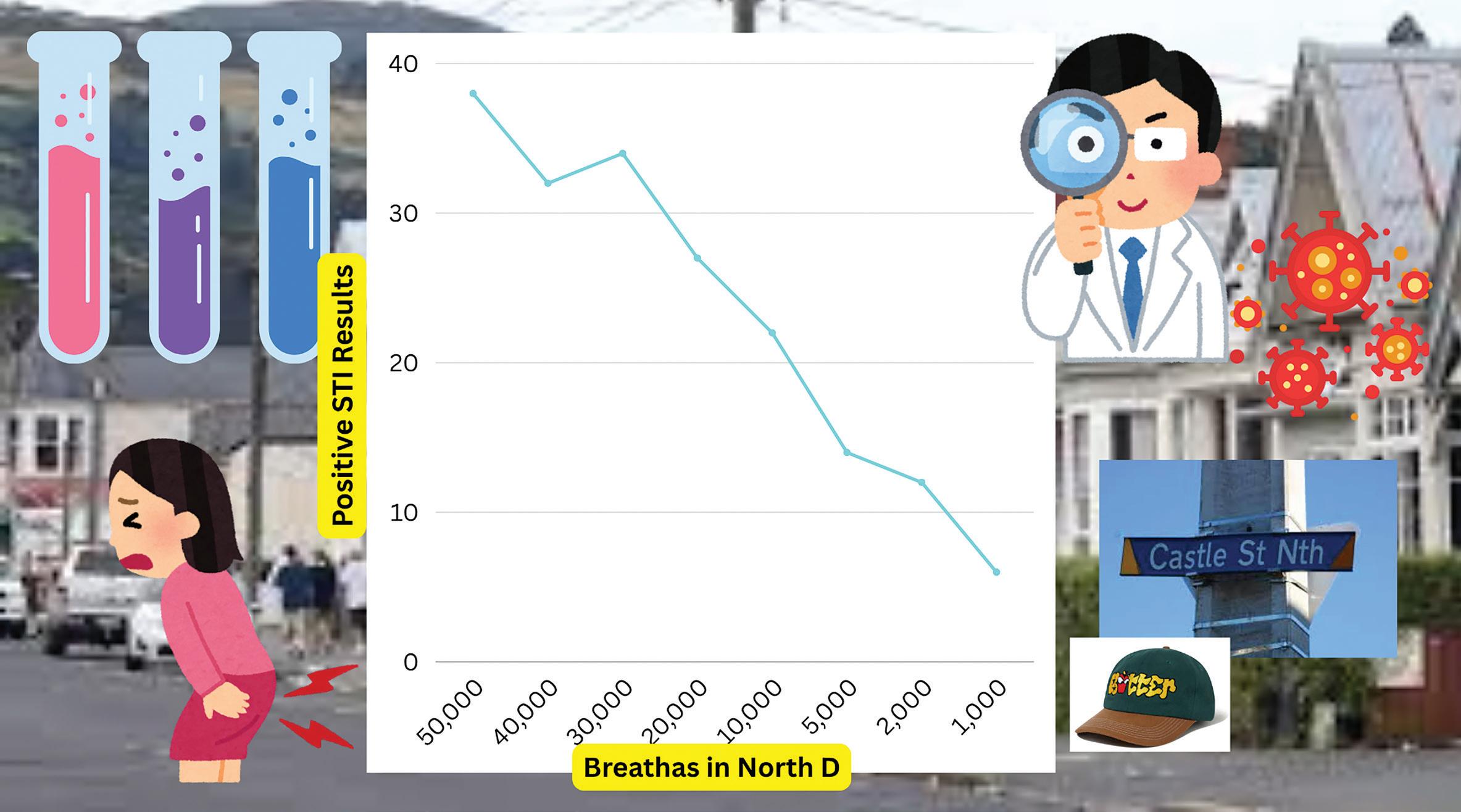

Reports from frightened freshers have highlighted the concerning increase in Butter hats and Birks across Central Library’s floors. “I didn’t know they knew where campus was!” said Tim, a first-year and future breatha from Studholme, telling Critical Tribune he’s “never seen so many moustaches in [his] life.” Just wait Tim, your time will come.
For once, the fresher had a point. Foot-traffic monitors have noted a 69% increase of people leaving Castle Street throughout the day. A notable jump from the 42.0% increase this time last semester. With realisations that this is the last week of class before exam leave spreading quickly, Castle Street’s most infamous are increasingly being spotted out of their natural habitat.
And sightings aren’t just coming from the library. It seems the great pilgrimage back home has come early this year, with more cars seen leaving North Dunedin for Mosgiel than ever before. “I just had to get out, there was no way I could fail BSNS112 a third time,” said one breatha. BCom is harder than it looks, apparently.


By Mary Fartin Benz Shitposter // criticaltribune@critic.co.nz
Whether drop out rates are soaring or more people are being put on academic probation is unclear. But one thing is certain: not a soul will soon be present on Castle (besides the roaches and rats). With less breathas around North Dunedin and more returning to the motherland (and the library), Castle Street is resembling its former self: the Monday after O-Week at 9am.
Interestingly, positive STI results and ED wait times have been on a decline since this wave of “locking in”. The spread of chlamydia usually reaches even the farthest parts of the finance department and yet, even the management girls haven’t had a case in weeks. It’s the same story for all of the big three. Positive gonorrhoea and herpes results have also been on a decline since late September. Coincidence? Critical Tribune thinks not.
With less marketing girlies strutting the street in their latest Glassons’ find, breathas have been left with nothing else to grind but their books. A positive turn of events for both beezies and the local health system alike.





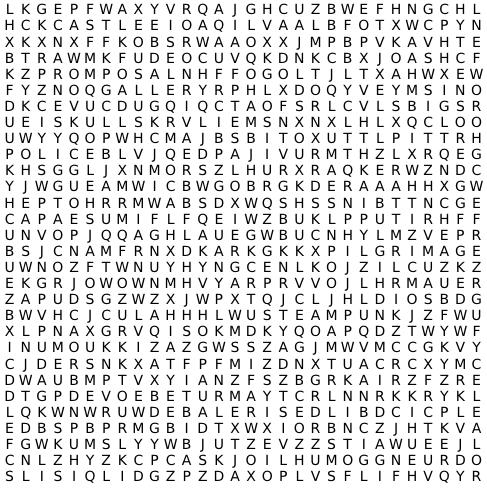

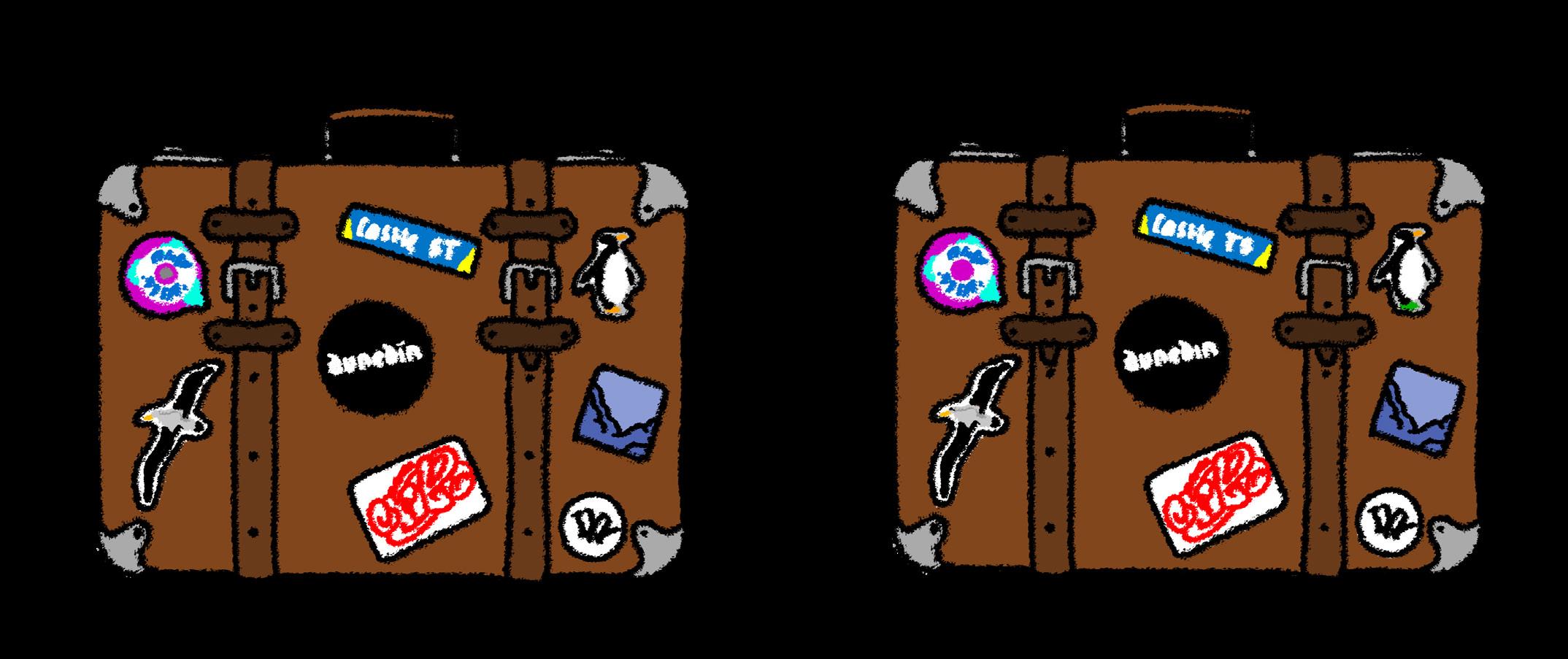
Every summer, students travel far and wide across the motu for the break. Critic Te Ārohi staff members reached out to local secrets from their own hometowns to score student discounts*. Your mission: explore your backyard this summer and enjoy these discounts on us. Record your journey in the most creative way possible enjoying at least five of these hidden gems – whether a video compilation, article, or photo series – to be in to win a prize pack of Critic merch, a $50 New World voucher, and space on Critic’s socials or in the mag to share your adventures.


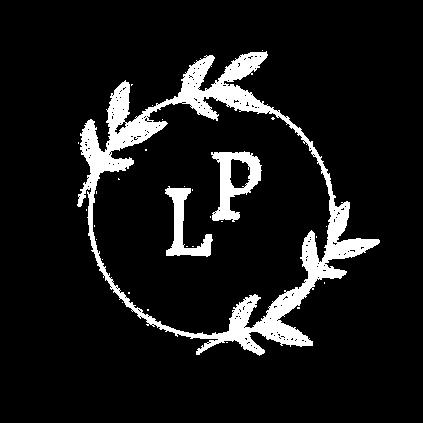

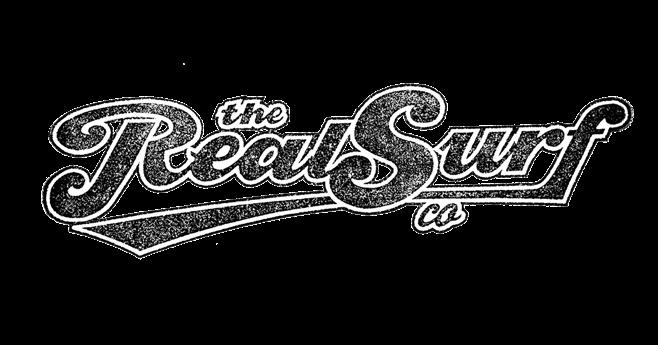

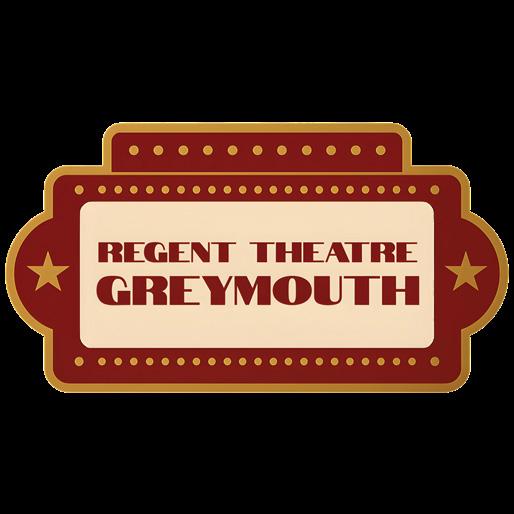





By Critic Staff
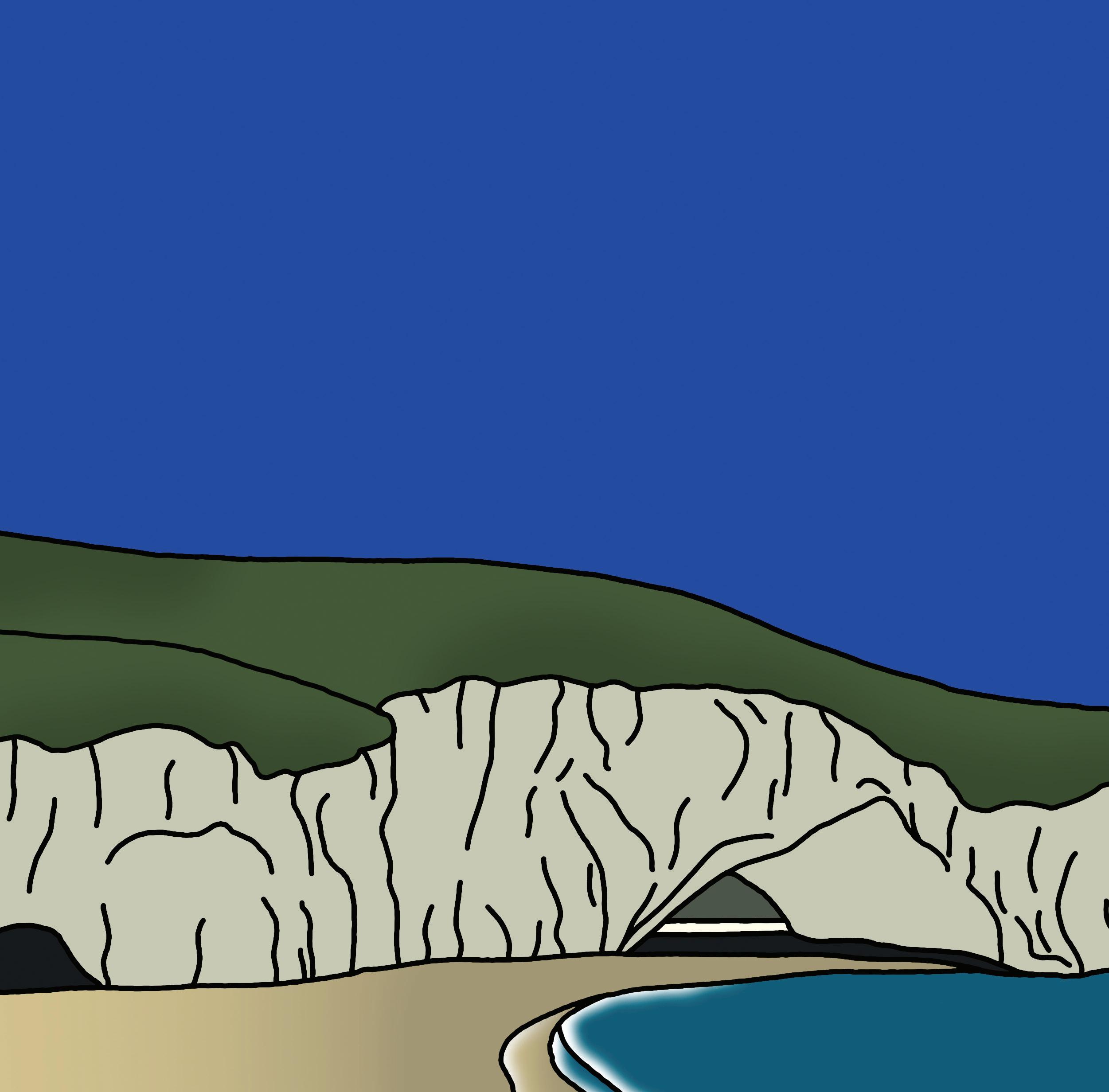

Nestled in the secluded paradise of the Catlins lies Peake’s Kitchen and Papatowai Country Store, a must-visit on your summer roadie south. The gourmet Kiwiana haven promises sweet treats, “Big Grandad” deep dish pies, and award-winning burgers; or a quick camping trip supply run. Peake’s is offering students 15% off one meal from their menu (limited one discounted menu item per coupon), code word “CRITIC”.
For those staying in Dunedin this summer to soak up the St Clair rays and relish in the abundance of free parking spots, Orokonui Ecosanctuary offers the perfect opportunity to get amongst nature. A community-led, not-for-profit conservation project, Te Korowai o Mihiwaka manages 307 hectares of predator-free Coastal Otago forest – home to rare and endangered native species. Orokonui is offering $10 visits to students with the code “CRITIC” ($10.80 is the regular student price).
If you’re heading north this summer, make a pit stop in Ōamaru, the coastal town where Victorian meets Mad Max. Housed in a hulking 19th-century warehouse, Steampunk HQ is a surreal art playground packed with welded contraptions, flickering lights, and post-apocalyptic imagination run wild. This summer, students get 50% off entry with the code word “CRITIC”. Perfect for when you need to escape reality – or at least Dunedin – for a day.

Whether you’re a plant parent, wannabe horticulturalist, or serial indoor fern killer, The Lily Pot in Ōtautahi has something to feed your leafy addiction. This boutique plant nursery and garden store is a green oasis for a last minute Christmas present for mum on the trip north, or picking up a plant baby to furnish your flat in the new year. Students get 15% off with the code word “SCARFIE”.
Caught in the rain on the West Coast? Classic. Luckily, Greymouth’s Regent Theatre has you covered, an Art Deco gem that’s been keeping locals entertained since before Netflix was even a glimmer in a tech bro’s eye. The Regent is offering 10% off standard adult and student movie tickets with the code word “CRITIC” (deal excludes already discounted screenings). Support local screens, escape the drizzle, and revel in the small-town movie magic.
If the Welly weather is too good to pass up when you disembark from the ferry – because you really can’t beat it on a good day –Real Surf has the deal for you! Situated in Lyall Bay, Real Surf has everything you need to catch a few waves (or wipe out trying), offering a free 2-hour surfboard and wetsuit rental voucher with the code word “CRITIC” (one per person).
Swap lecture halls for treetops this summer and see Rotorua from a whole new perspective. Rotorua Canopy Tours offers an adrenaline-fuelled adventure gliding through native forest on ziplines. Perfect for a weekend escape, or just to prove to your flatmates that you’re outdoorsy. Students get 15% off with the code “RTCCRITIC.”
Rotorua – Waikite Gym
Summer in Rotovegas doesn’t have to be all geysers and gelato. If you’re sick of overheating in the sun, Waikite Gym has you covered – fully equipped, friendly, and air-conditioned, making it easy for Otago students to stay fit on the road. Score a $25 membership with your Otago student ID, or $15 per week.
Taranaki’s Three Sisters Brewery is home to the most Kiwi of craft beer – from the ‘Sup Bro? Hazy’ to the ‘Southland IPA’. If you find yourself drawn to the West Coast of Te Ika-a-Māui by Taranaki Maunga or the promise of some of NZ’s best surf beaches, finish up the day with a locally brewed pint of ‘Banana Smoothie Sour’ or ‘Blueberry Fruitquake’. Three Sisters are offering students 20% off with the code ‘CRITIC’.
Ngatea
Mahana Oasis is a well-deserved treat to celebrate the end of the academic year. Describing themselves as a “little pocket of warm reprieve in the heart of the Hauraki Plains”, Mahana provides private sauna sessions to rest, rejuvenate and recharge. They’re offering students a 30% discount to sweat out the stress of exams, followed by a cold plunge.
Whammy, Double Whammy, and Public Bar are the power trio of K Road, making up a complex of bars and band venues perfect for the summer break. They’re not just another spot to sip your flatwhite or cocktail – it’s a neon-lit playground where the drinks are strong and the music is loud. Use the code word “CRITIC” at any to receive a special gift. What will it be? That’s a secret only they can tell.
*All discounts are valid from November 10th 2025 until February 22nd 2026. Terms and conditions apply.

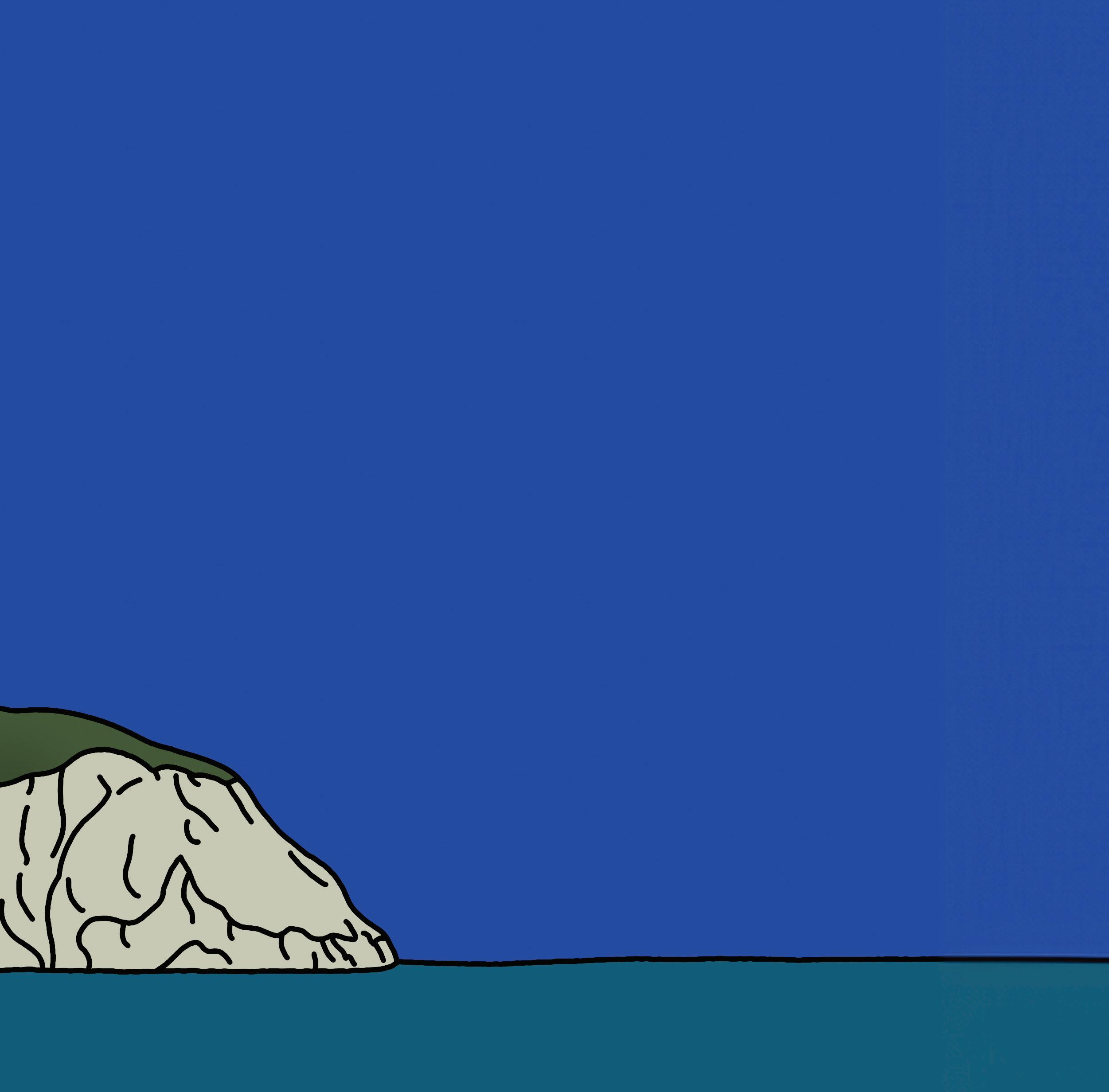

the opportunity to broaden my horizons.
My goal was to re-envision Dunedin beyond the crunching of bottles underneath your feet on the way to campus and to rediscover its nature beyond St Clair and the Botans. To see that there are always more people to meet, more laughs to share, and more history, culture, and experiences lying just below the surface, waiting to be rediscovered.
If this has been your last semester in Dunedin – or even if it's not – please, touch some grass. Expand your bubble and rediscover a place you thought you already knew. Even if your metaphorical touching of grass involves multiple human skulls, a viral seashanty, and a full cream Speight’s.
The liminal space of Central Library had held me hostage long enough. I’d become a slave to its time warp, dissociating before my laptop and “writing” with the literary dexterity of a fresher writing a thesis statement. My mind-body disconnect had grown so large that it felt as if my brain dragged behind me like a wedding train.
house that displays the largest amount of creepy shit they could find. Said creepy shit includes a vast collection of bones in the ‘mammal wing’, a desecrated sheep fetus, a calf with two heads, a pair of lead nipple shields (yep), and a skull of a chihuahua that appears to be from the owner’s old pet. RIP Chilli.
For the humble price of a Bowling Club meal ($5), the Museum offers a mutant hybrid of the Otago Museum’s Animal Attic on shrooms, an art gallery about life’s fragility, and a collection of whatever else couldn’t find a home. We’re talking ghosts, a corporal punishment cane, and a real human skull. The latter is covered with a cloth because of a ‘Museum’s Aotearoa’ policy prohibiting the exhibition of human remains, so you have to squint a little.
My working theory is that the owner, Bruce (who naturally used to work for Critic) wanted to see if it was possible to become haunted and, if so, to speedrun it. However, as Bruce manages to sleep beside the mammal wing and a reinforced door from Seacliff – an abandoned mental asylum just outside of Dunedin notorious for its abuse, neglect, and mistreatment – it irks me to believe that there is no such thing as ghosts or haunting. If there were, this place would be fucked.
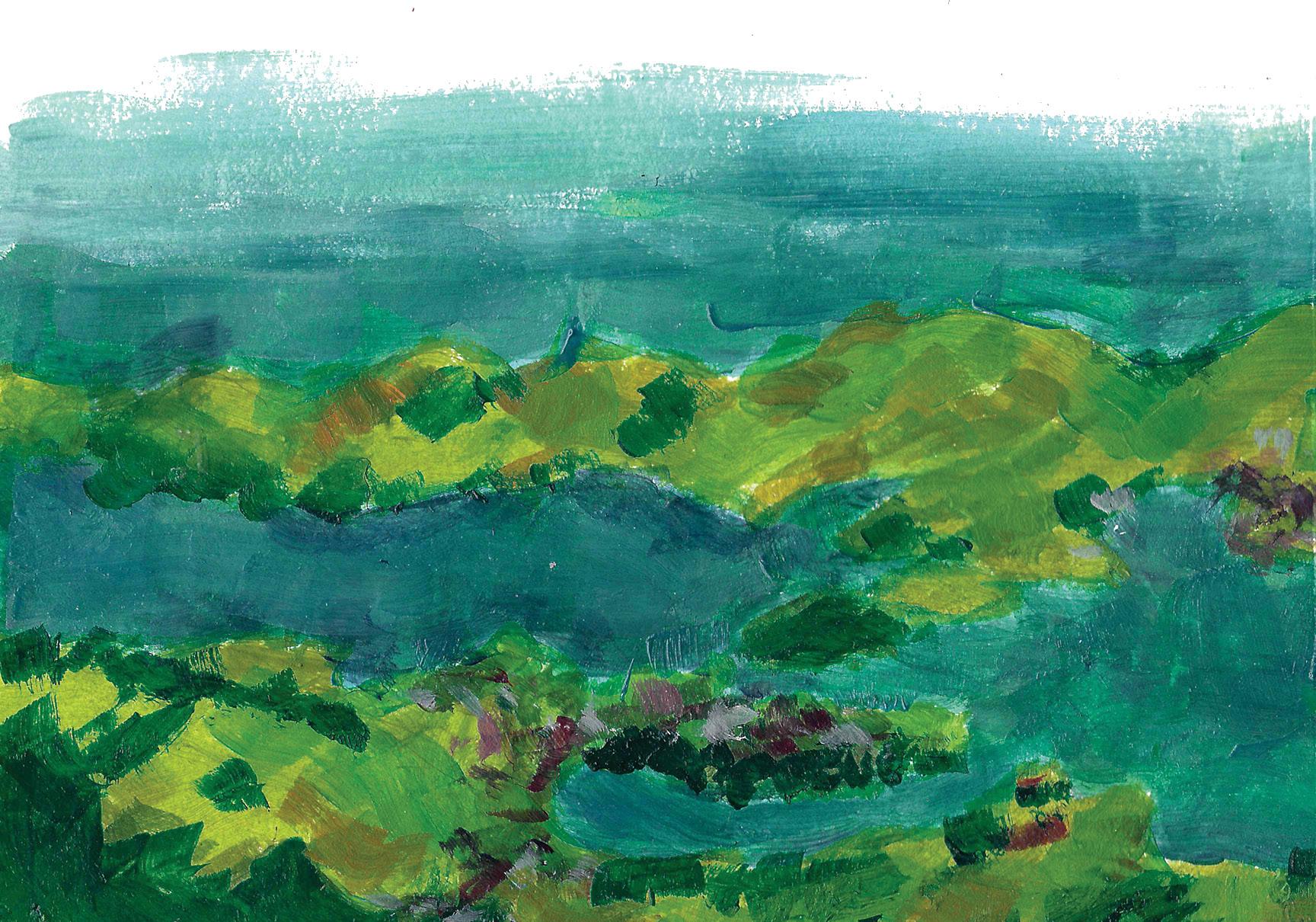
By Adam Stitely
Illustrated by Jimmy Tannock

When not expanding the fossil record, Bruce is a climate activist with Extinction Rebellion, recently trespassed from the train station for blocking coal trains. Bruce’s stamp is also plastered around the city through his art – his murals of Freddy Mercury (Queen St) and badgers (Royal Terrace) make him a subconscious part of Dunedin life. The Museum shows the weird and the wacky, but also the irrational, unique, and unhinged that lies just below the surface.
You can forget the Peninsula exists when you’ve been trapped in the North D-campus-supermarket Bermuda Triangle for too long. The original siren call of my trip down the harbour was from Wellers Rock to the tune of ‘The Wellerman’ sea-shanty, the one that randomly went viral during COVID and my subconscious has been singing since. Worth the trip? Eh. It’s essentially just a rock and a natural boat ramp that (brief history lesson incoming) was used to launch boats and waka. Its name comes from the Weller brothers who set up a whaling company in the region in the 1830s, running three whaling stations and resupplying ships.
Left without the promises of the shanty and with some time to spare, I buffed out the trip (took me long enough to get there). Next stop was the Harington Point gun emplacements, the largest and most extensive of Dunedin’s old fortifications including a series of bunkers and subterranean bunkers. The emplacements were built alongside the more well known Taiaroa head fortifications and the Disappearing Gun in the 1880s and ‘90s due to fear of the Russians. With the Russians no longer likely to invade, the armaments now reek of fresh spray paint and serve as a place for edgy teenagers to rip their first bongs. Unless all of those small garden hoses were used for washing the place up.
On a history buzz, the Tales of Murder and Woe Van Tour seemed slightly more entertaining than wandering the Settler’s Museum with the “gallery walk”: hands behind your back, considerate frown, slow pace, and the occasional nod. Nothing quite sets the expectations as high as a $110 van tour of Dunedin cemeteries. If nothing else, you can confirm if your flat is haunted through the tour guide, Gregor, telling you about a double homicide that happened in your old flat in the 1800s. Knowing Dunedin landlords, there is probably still evidence of that scene now covered in around 80 layers of dried paint.
Opting not to peer-pressure any of my friends to pay for the van, I took the trip solo and ended up with a private tour. Starting in the Octagon, the trip headed through North Dunedin in the direction of the Northern Cemetery – both Aotearoa’s most haunted cemetery, the location of many freshers’ first funnel on St Paddy’s, and direct competition with the mammal wing of the Museum of Natural Mystery. The tour takes you to the mausoleum of the Larnach family (the castle one), where you are told a family history of wealth, in-fighting, and suicide: a tragic tale that left the mausoleum filled with two skulls with bullet holes through them. It turns out the current “tradition” of students pissing up on graves has a history. In the 1960s rumours of parties and late night drinking in the tomb emerged as an edgy past-time of students. By the time the ‘70s rolled around, a hole had opened in the mausoleum’s floor, and one of the skulls was removed –later found in a post-graduate student's flat, displayed on his mantlepiece. He was clearly not a member of Museum’s Aotearoa. Coincidentally, the culprit had produced an award-winning essay about the Weller brothers’ 1830s whaling station (fun connection for me).
Despite the skull being confiscated by police, the student didn’t get in too much trouble. The charge of improperly interfering with human remains was dismissed as they maintained that the skull had been gifted by a friend; that human remains could not be owned and therefore could not be stolen; and that they had taken proper care of the skull and jaw bone as they “kept the skull polished and in good condition.” Urban legend has it that the Larnach’s skull had been used as an ashtray.
Speight’s is neither obscure or unique and surprisingly this tour was the most underwhelming on the quest to rediscover Dunedin. Speight’s manages to pack as many people as humanly possible into these tours and it feels like you're consistently on the verge of tripping over people whilst vying for space to look at a 5 foot 3 tall clay reconstruction of James Speight. I was expecting more of a Willy Wonka chocolate factory type tour (bring back Cadbury’s) but all of Speight’s bottles and cans are manufactured at Lion’s brewery in Auckland, so no golden bottle caps are made here. The tasting was the saving grace of the tour. Meeting travellers from all over the world, sharing a gold medal ale with them, I watched them discover Dunedin for the first time – and got to see this familiar place through their eyes.
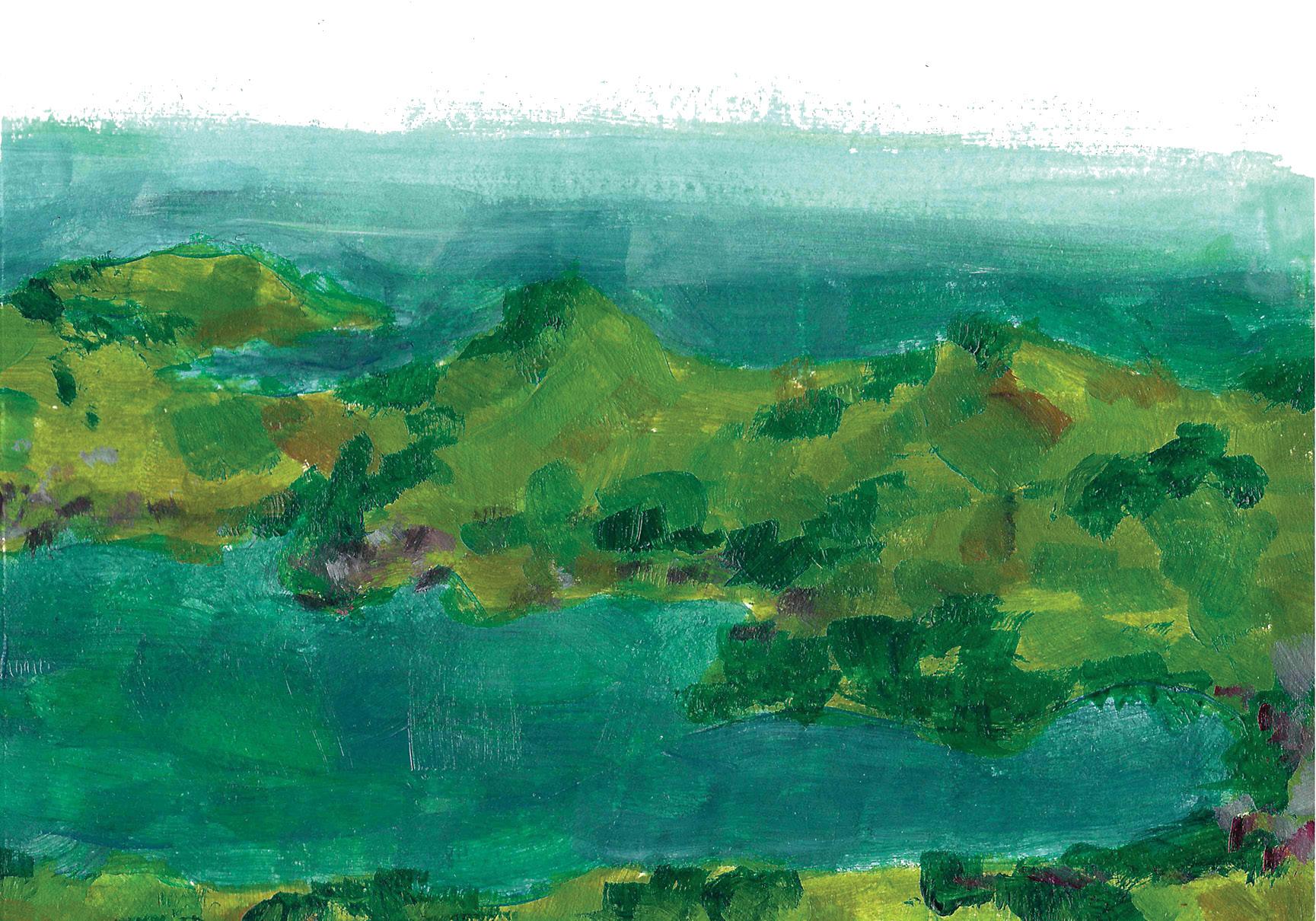
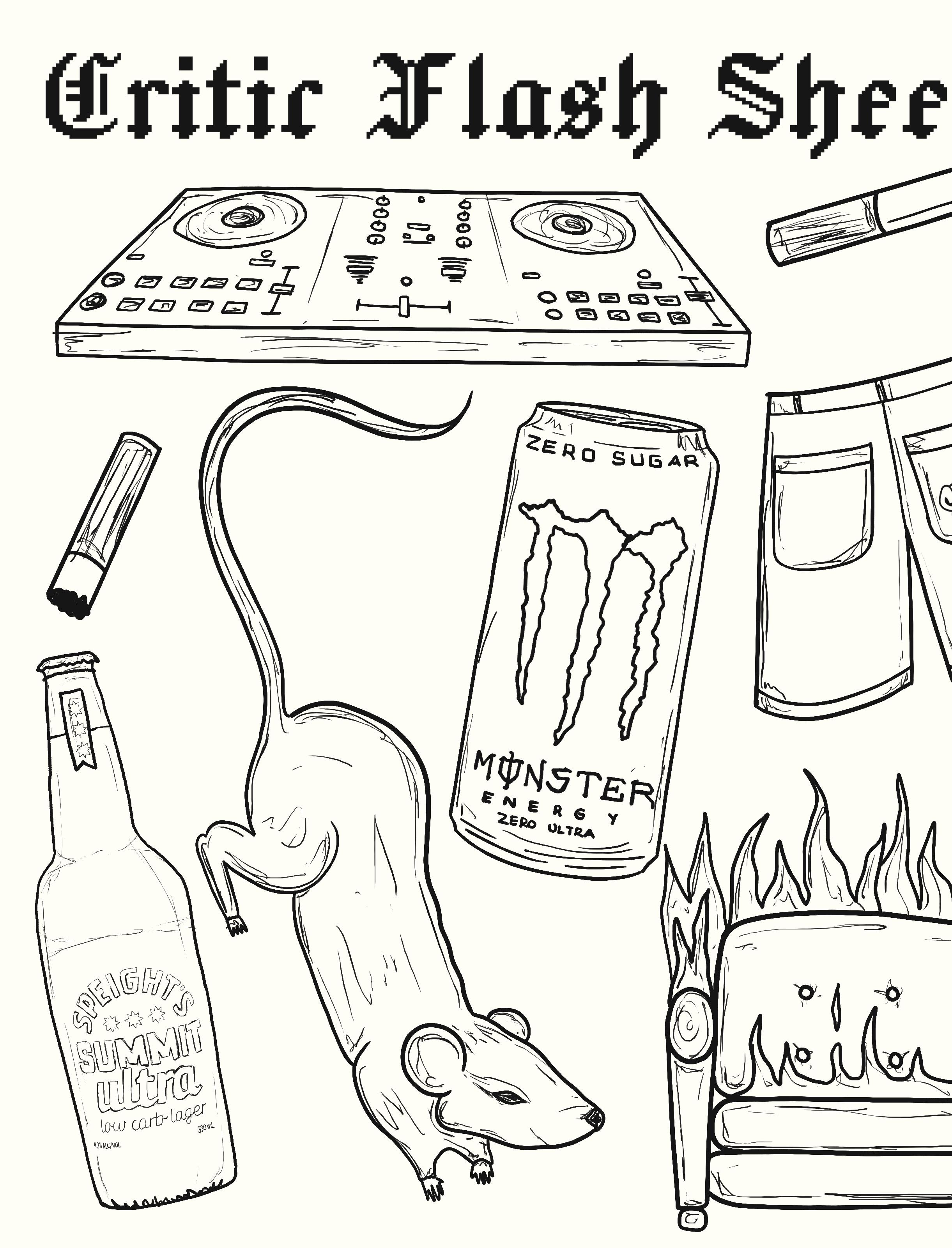
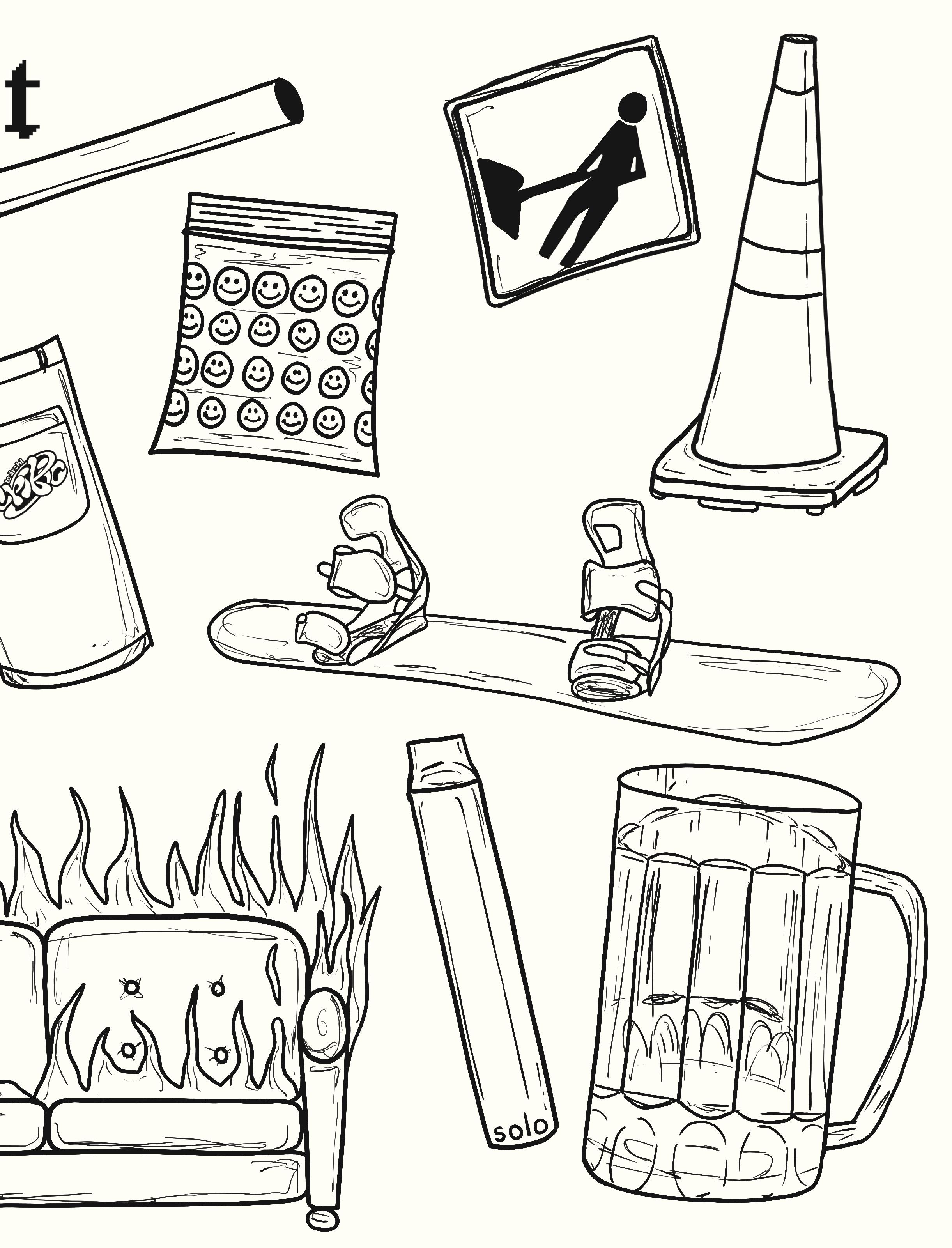

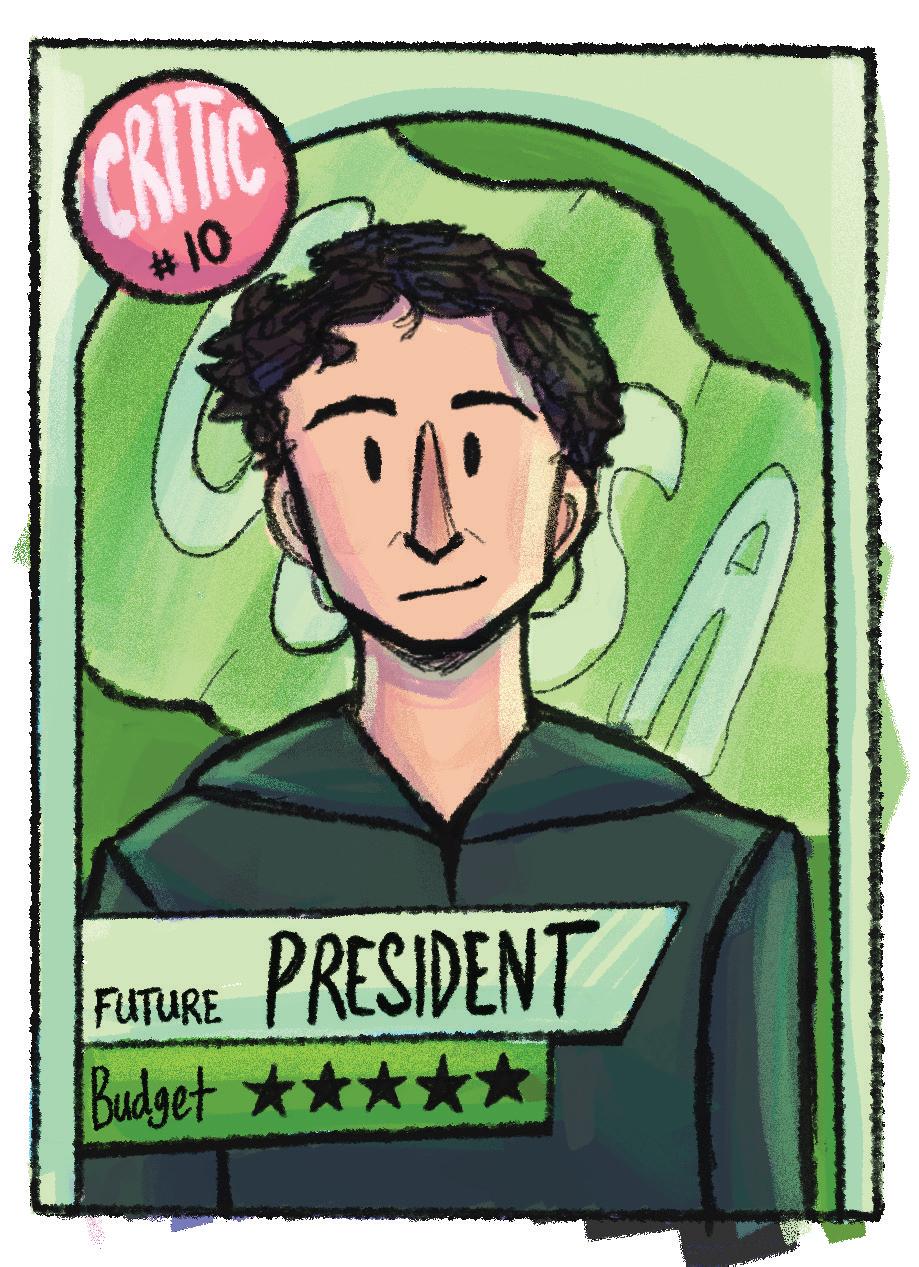
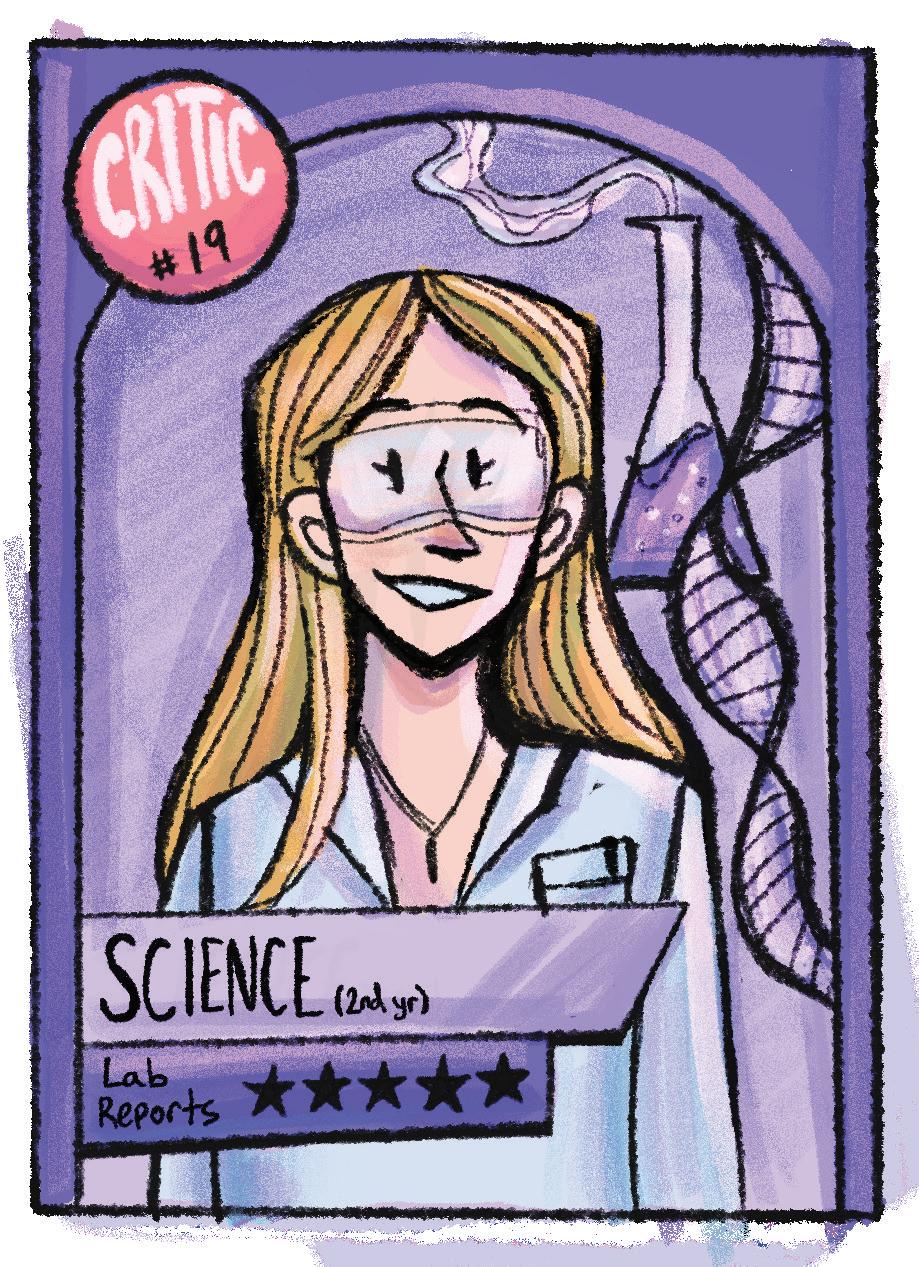
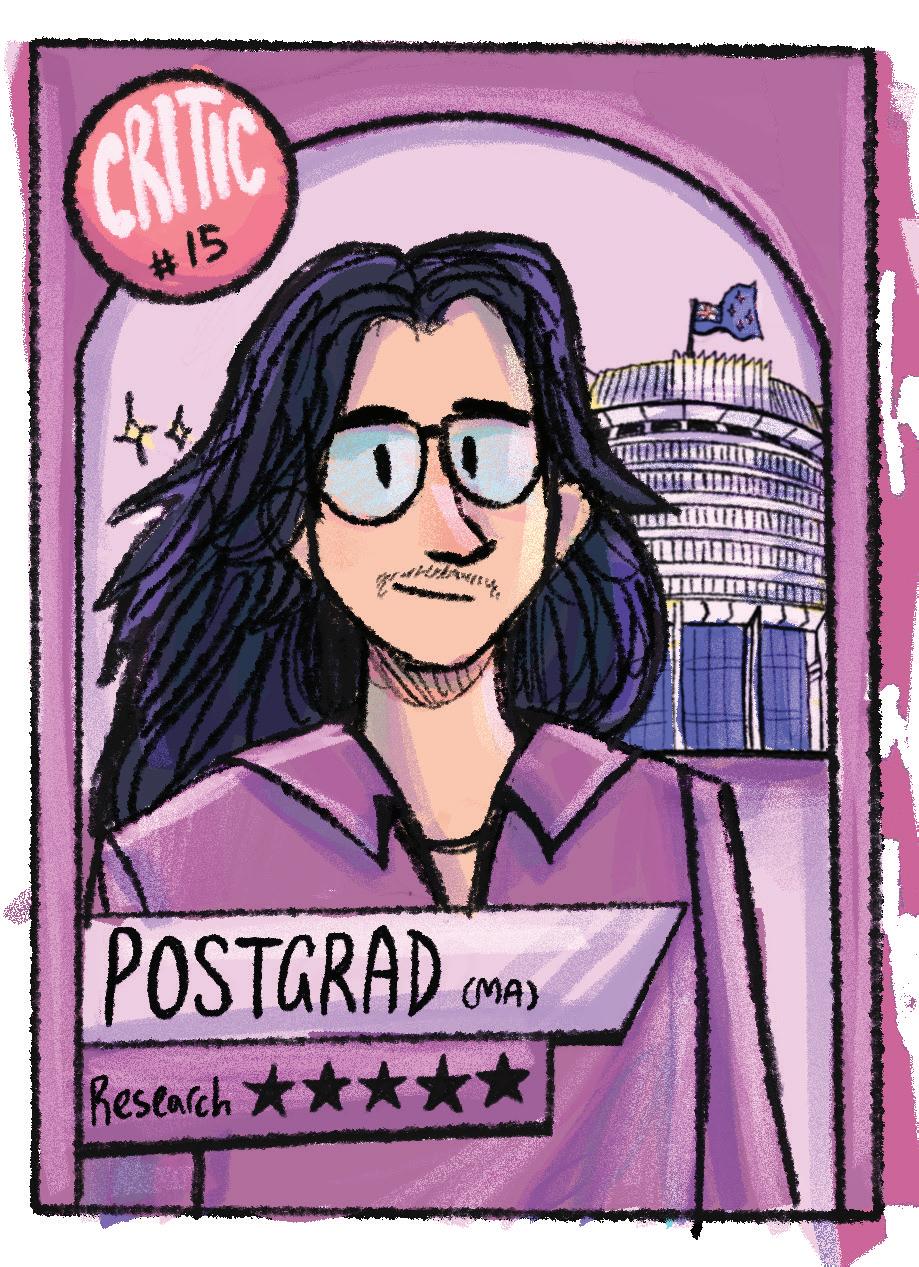

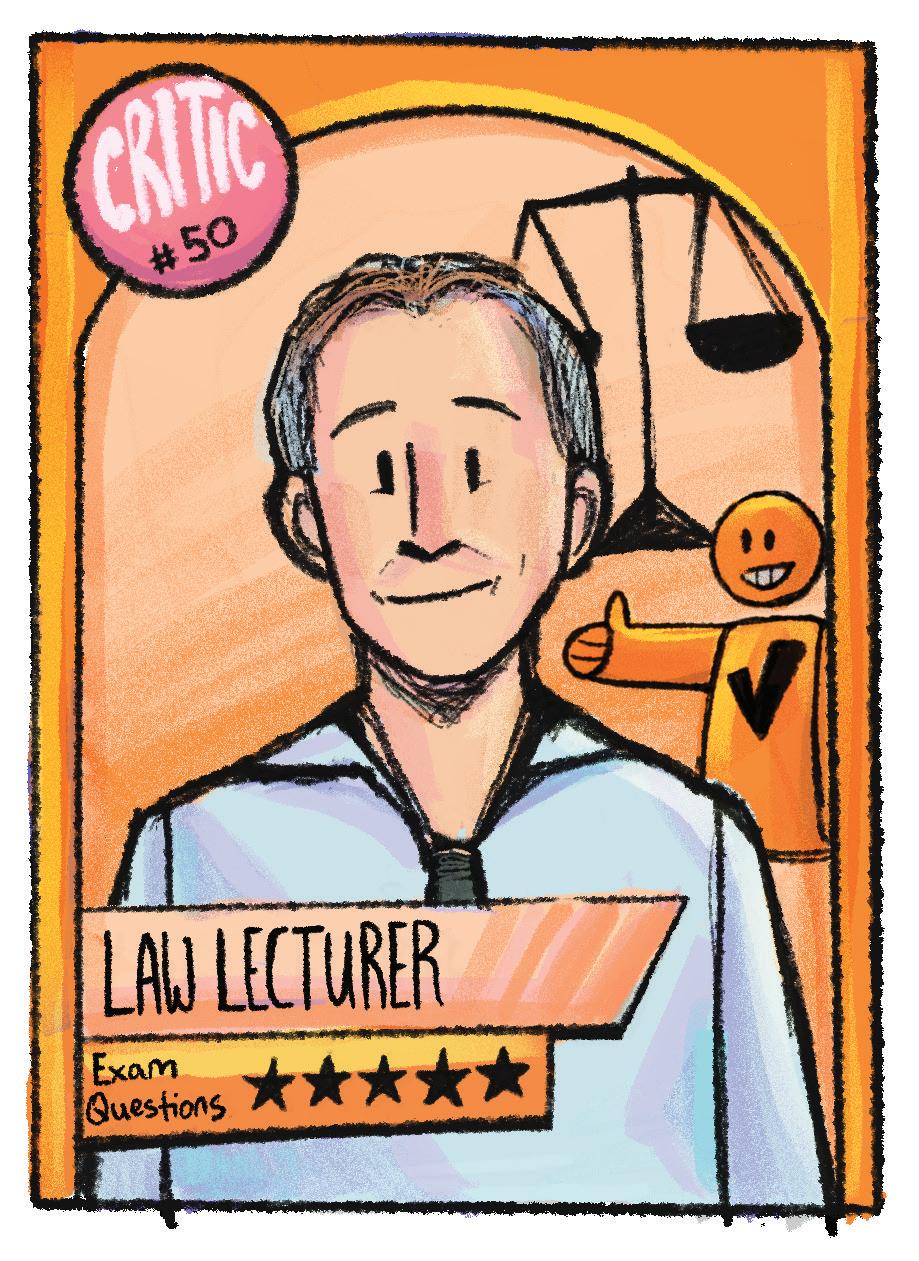

After a long hard year here at Critic Te Ārohi, we decided to bring you a little game for the end of the semester. On the left page you’ll find illustrated portraits of a handful of campus characters – the high strung BSc, the alternative postgrad, the over-eager American exchange student, and more. On the right hand side are a stack of answers. Your mission is to match each set of answers to the person who said them. Some pairings are obvious, some are going to trip you up. So read closely, trust your instincts, and have a bit of fun while studying for your exams. If you want to make it competitive, give yourself a point for every correct match and challenge your friends.
Drink of choice: Whatever type of cider is on special at New World.
Bedtime: 10:30pm
If you could change your degree what would you swap to? Lowkey one of the professional programs, like medical laboratory science.
Ōtepoti’s best hidden gem: Ross Creek reservoir, because it’s an escape and oasis from the busy student life – you can hear the birds chirping.
Daily screen time and most used app: Daily average is four hours. Most used app is TikTok.
How would you survive a zombie apocalypse? Search for high ground. Go to the supermarket, load my backpack up with stuff, then walk up Mt Cargill, climb up the telephone big pointy thing, and watch everyone else fall apart.
Drink of choice: Big bottles. Wine, cider, Nitro, tequila, any combination.
Bedtime: 12am
If you could change your degree what would you swap to? Politics or History
Ōtepoti’s best hidden gem: Woodhaugh Gardens. They have swings, a slide, and in summer they have a little pool – not that I’ve been in it. They’ve also got some bushland – in Auckland I’d have to drive like half an hour for that. And dogs. Lots of dogs.
Daily screen time and most used app: Six or six and a half hours, and TikTok.
How would you survive a zombie apocalypse? Take my lacrosse stick as a weapon, then steal my flatmate’s car, drive to the supermarket and – what's it called? – ram raid New World. I’ve always wanted to do that. Fill up the car with groceries. Drive back to the flat, make sure none of my flatmates were zombies. If they were, I'd kill them and lock myself in the flat. If they weren't zombies, they could have some of my food.
Drink of choice: That's hard. A red wine or a whiskey.
Bedtime: 2am
If you could change your degree what would you swap to? Law (hesitantly)
Ōtepoti’s best hidden gem: The Crown. Just a really rich history and cool environment. A real staple of the scene.
Daily screen time and most used app: 13 hours, but that's including my laptop. Most used app is YouTube
How would you survive a zombie apocalypse? Go bush, pull a Ricky Baker.
Drink of choice: Summit or Export. Honestly any beer will do.
Bedtime: 11pm
If you could change your degree what would you swap to? Surveying because they get paid heaps like right off the bat.
Ōtepoti’s best hidden gem: Sandfly Bay. I think the name keeps people away.
Daily screen time and most used app: Four hours
How would you survive a zombie apocalypse? Hide in the supposed bunker underneath the Clocktower until I can't hear anything, then try to get back to the flat.
Drink of choice: Coffee
Bedtime: When I run out of content to watch
If you could change your degree what would you swap to? Dentistry, because I’ve had a bunch of dental work done and it seems like something I could do. It’s useful because people come in really painful – you hurt them a bit and then you fix them.
Ōtepoti’s best hidden gem: Union and Co. Cafe in Port Chalmers. Amazing BLTs, really good coffee, and the people who work there are nice.
Daily screen time and most used app: Way too much. My most used app is Blue Sky, which is essentially the new Twitter for the people who actually want to have conversations and stuff.
How would you survive a zombie apocalypse? Get down to Hire Equip and get the heavy duty chainsaws.
Drink of choice: Water or light beer
Bedtime: Anywhere from 11pm-1am
If you could change your degree what would you swap to? Business because it seems relatively easy and it makes a lot of money.
Ōtepoti’s best hidden gem: That’s a tough one. I don’t think I know any of the hidden gems.
Daily screen time and most used app: Instagram and daily average is four hours and 20 minutes.
How would you survive a zombie apocalypse? I saw this Instagram post a while ago: go out to an abandoned oil rig, steal a boat, get a bunch of supplies and post up there for a while. So probably that.
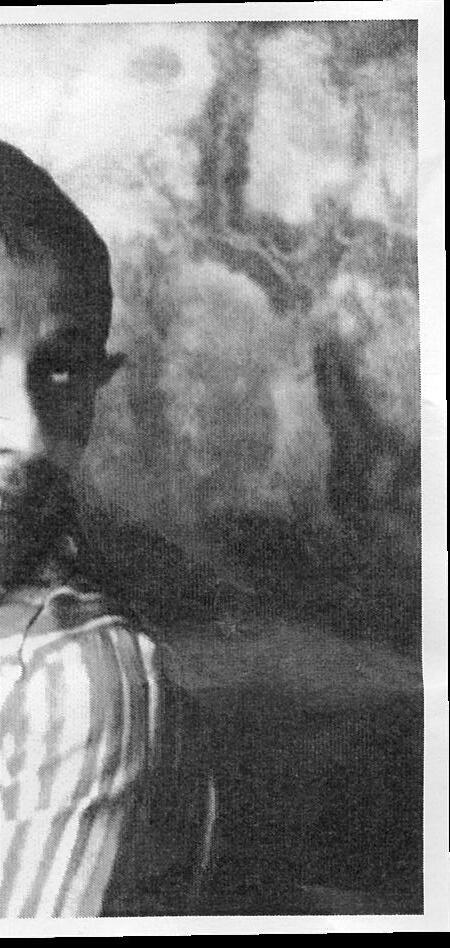
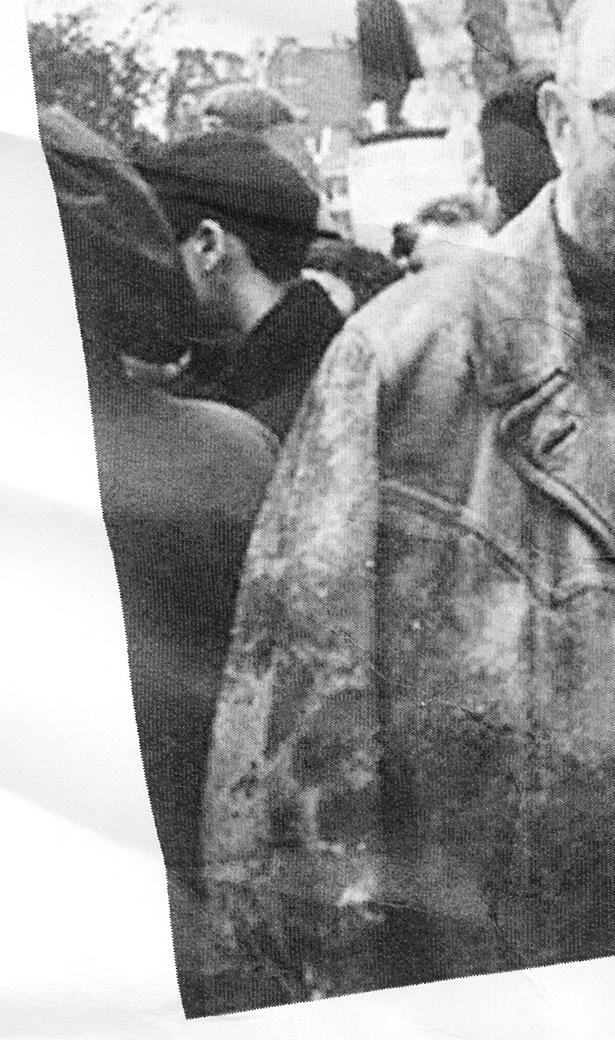
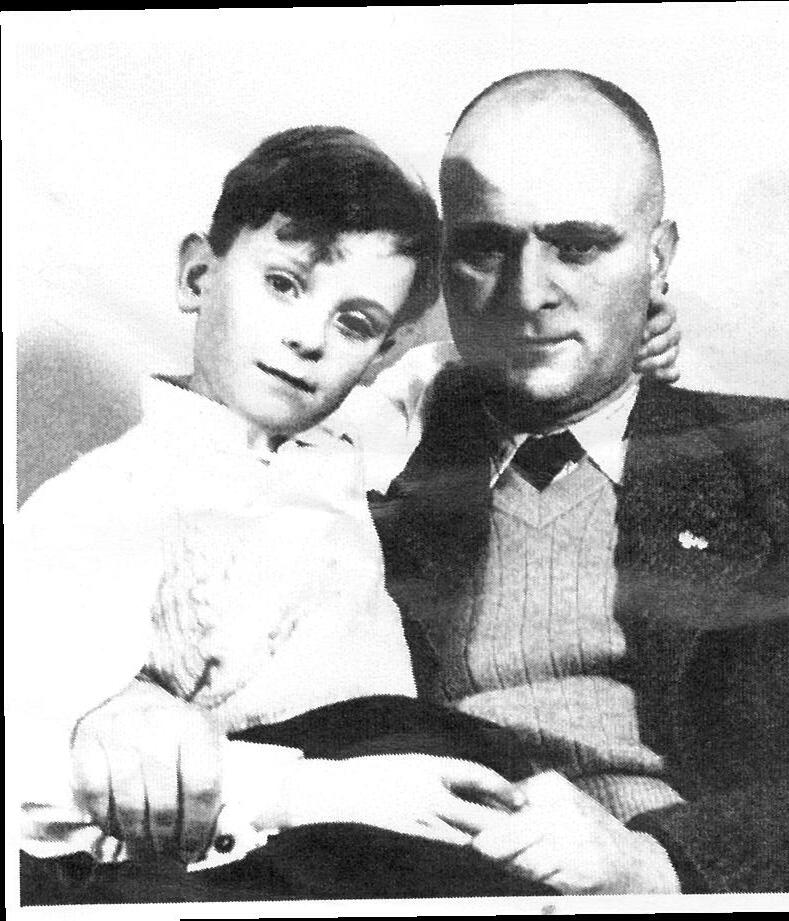

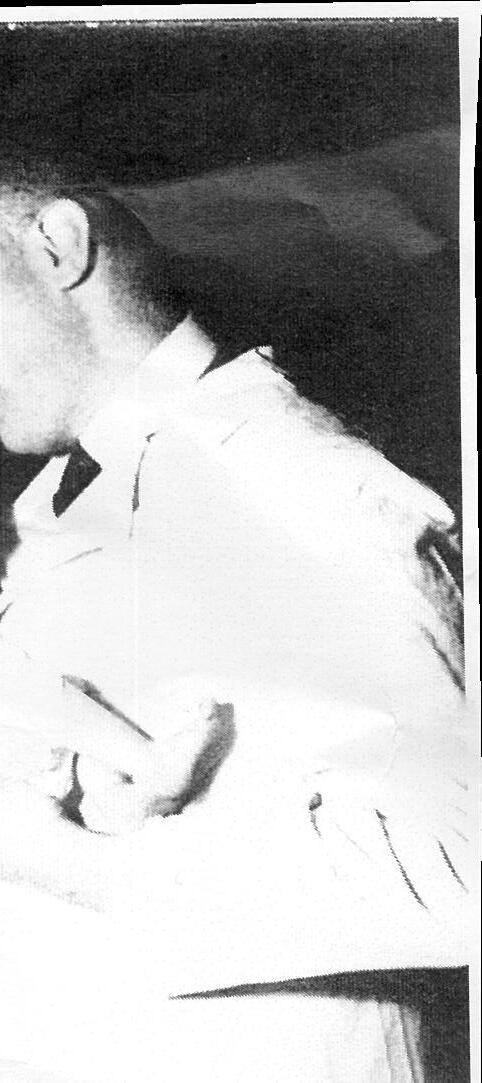
By Iris Hehir
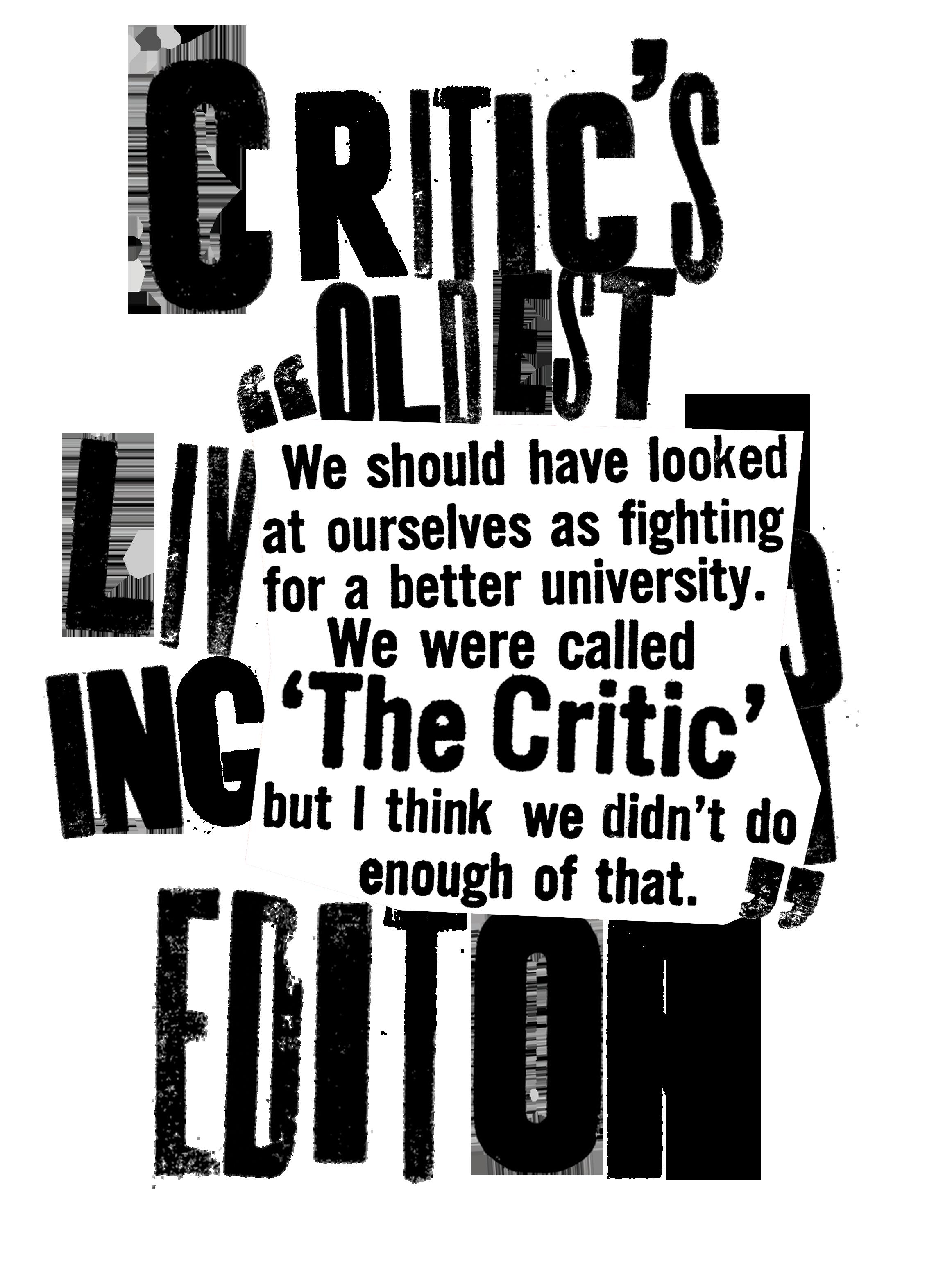
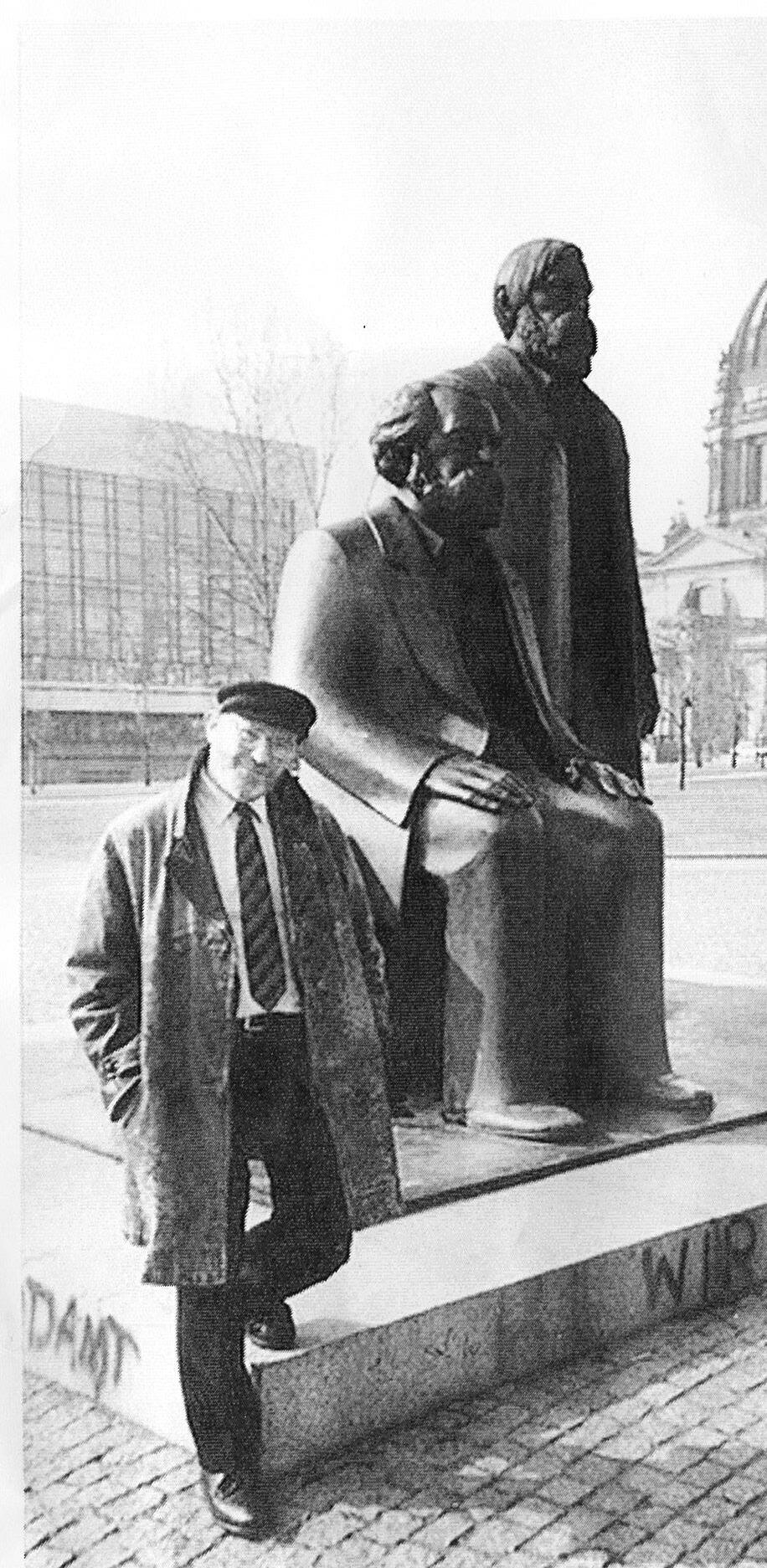
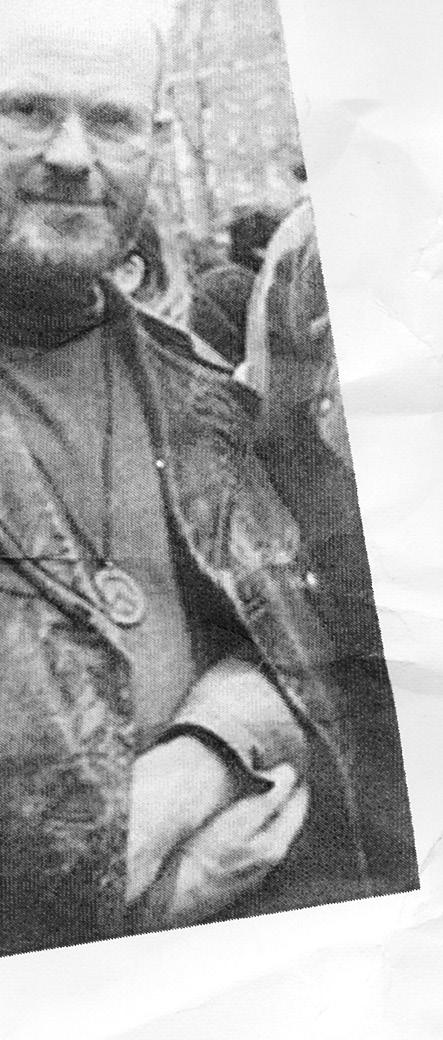
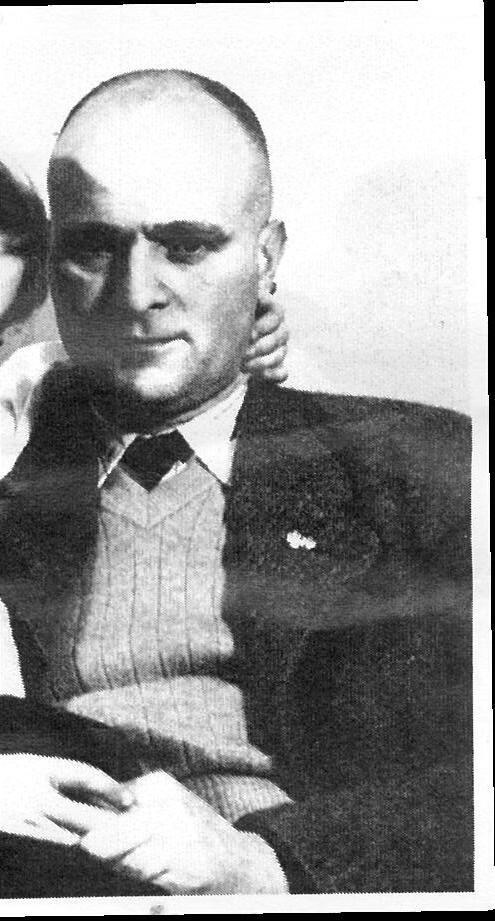


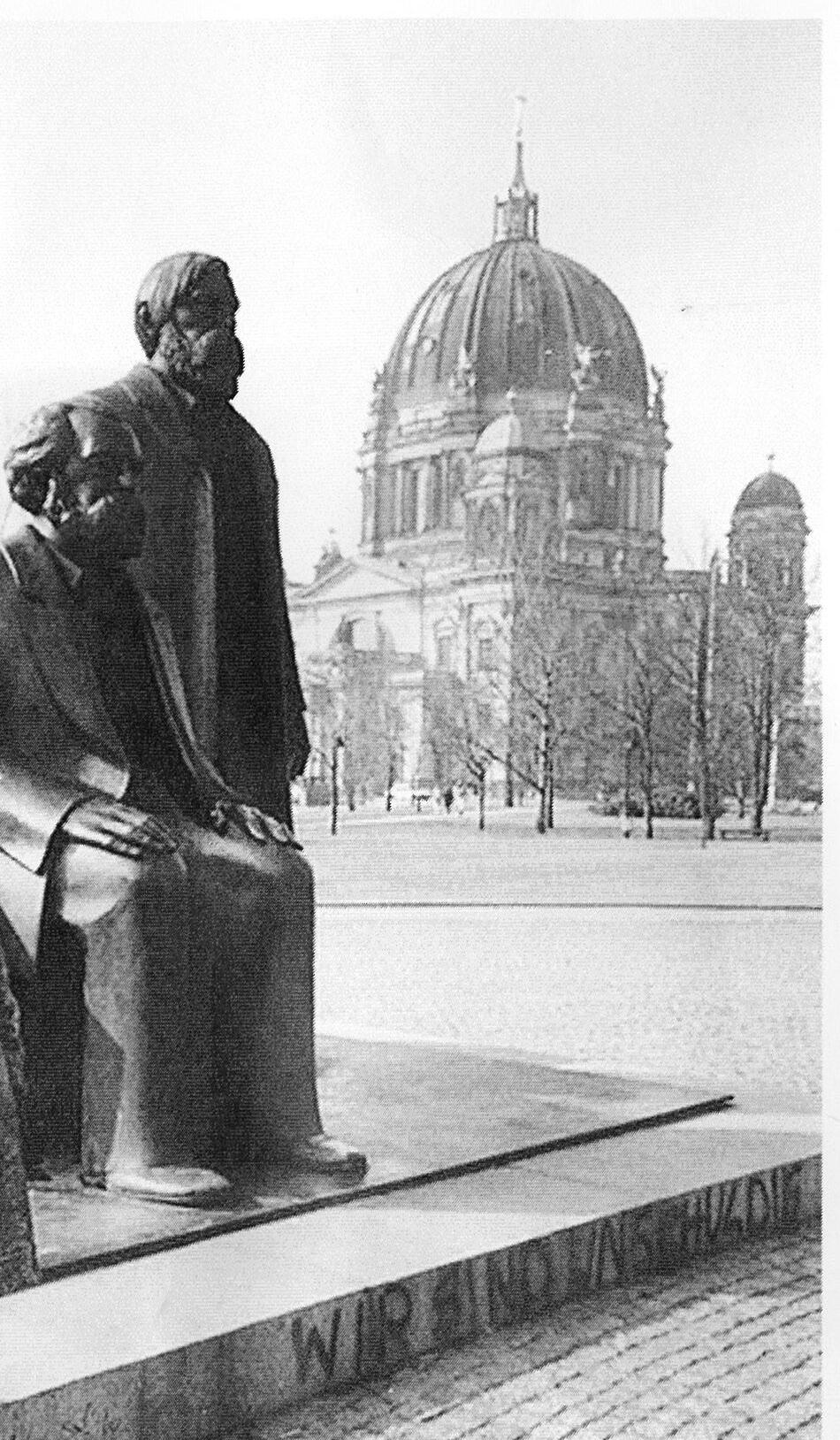

Long before he was a peace campaigner, a priest, or a friend of Desmond Tutu, Paul Oestreicher was an enemy alien. His family had fled fascism, seeking refuge in Dunedin – a city that offered safety, but not quite acceptance. In Dunedin, the Oestreicher family were reported by neighbours, monitored by police and even accused of signalling submarines while at the beach.
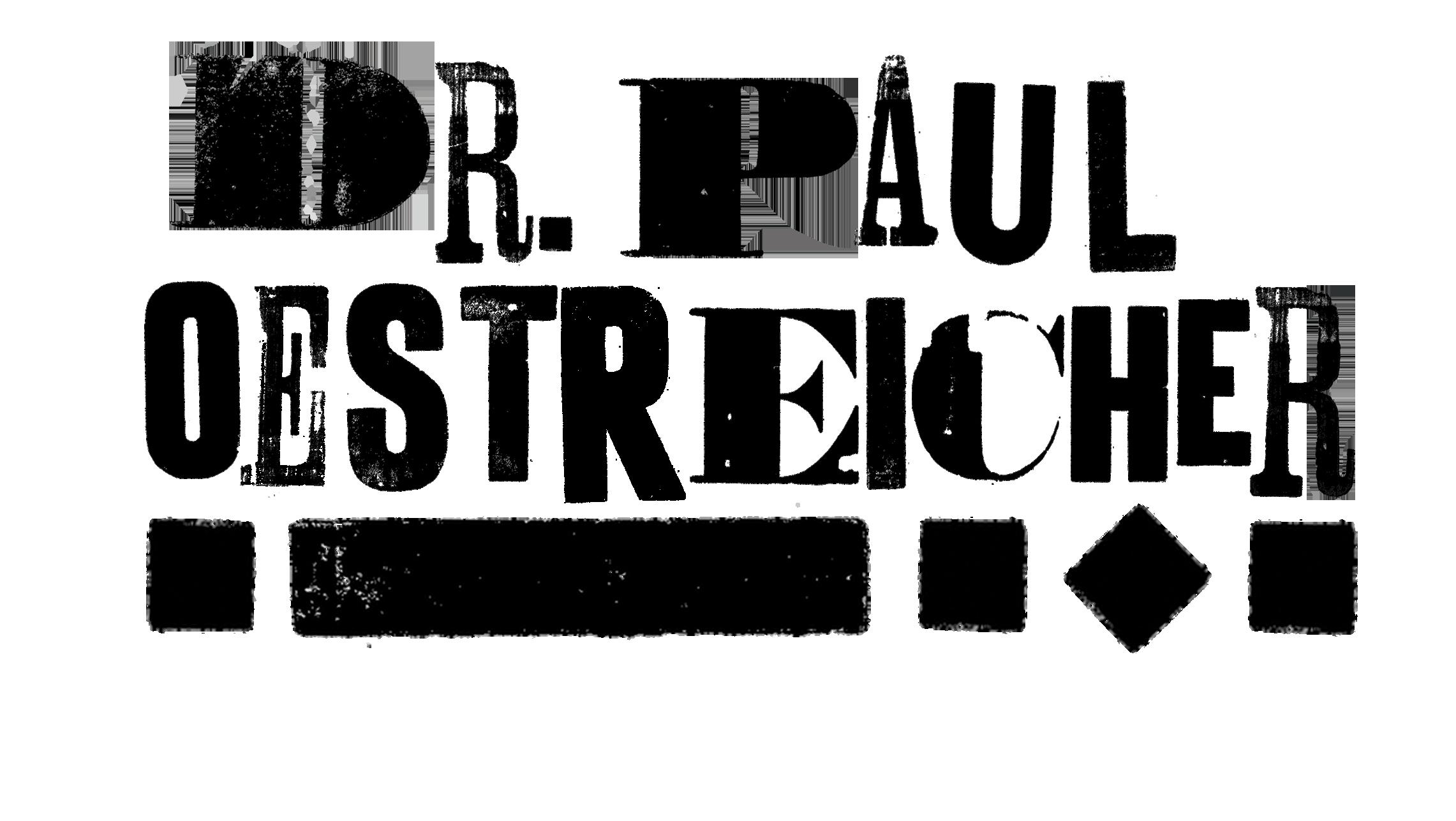
Otago University, however, has always stood slightly apart from the rest of the city – a selfcontained world with its own logic and loyalties. It was here that the Oestreichers found something closer to belonging. Paul’s father, a pediatrician, was forced to retrain in lecture halls beside students half his age. His mother, a celebrated soprano, sang private concerts for students in the boarding house she ran to make ends meet. Paul spent his childhood beneath the floorboards of student life, listening to the scarfies upstairs play Billie Holiday records and try to make sense of their futures, as he quietly did the same.
By 1952, Paul Oestreicher was no longer merely observing student life, he was shaping it as the 21-year-old editor of Critic, then still a newspaper. In his first editorial, he laid out a manifesto that now reads every bit its age: serious-minded, internationalist, and conspicuously earnest beside the “Best Places to Shit on Campus” surveys of the magazine today.
“Critic,” he wrote, “should make us realise we are a part of a national and worldwide fellowship of university people. We as a student body are shamefully ignorant of the subject that affects us more than any other in the present-day world. We are not interested in why the world is drifting into catastrophe.”
That editorial marked the beginning of a lifelong engagement with global suffering. Over the decades, Paul’s work would take him into some of the twentieth century’s most volatile conflicts. He campaigned against apartheid, for nuclear disarmament, for women’s ordination, for the release of political prisoners, all while as he once put it, trying not to “disappear” somewhere in Siberia.
What first drew me to Paul – unsurprisingly – was his résumé: Chair of Amnesty International, BBC Radio producer, founding member of Jews for Justice for Palestinians, vice-president of the Campaign for Nuclear Disarmament. In 2022, he was awarded an OBE for his lifelong peace and human rights work (a title he now shares, somewhat improbably, with the likes of David Beckham and J.K. Rowling).
When I arrived to interview Paul, now 94, in his book-lined Wellington apartment, his Wikipedia list of accomplishments became secondary to the story he told about himself. His life could easily fill a book, one Paul insists he’ll never write: “For some psychological reason, I couldn’t do that.” However, there is now hope of a forthcoming biography.
I began our interview with polite curiosity – “Have you kept up with modern Critic at all?” – and ended it, without irony: “Do you believe in an afterlife? Or do you think there’s nothing more?” Between those two questions, and a teapot growing cold between us, Paul told me his life story.

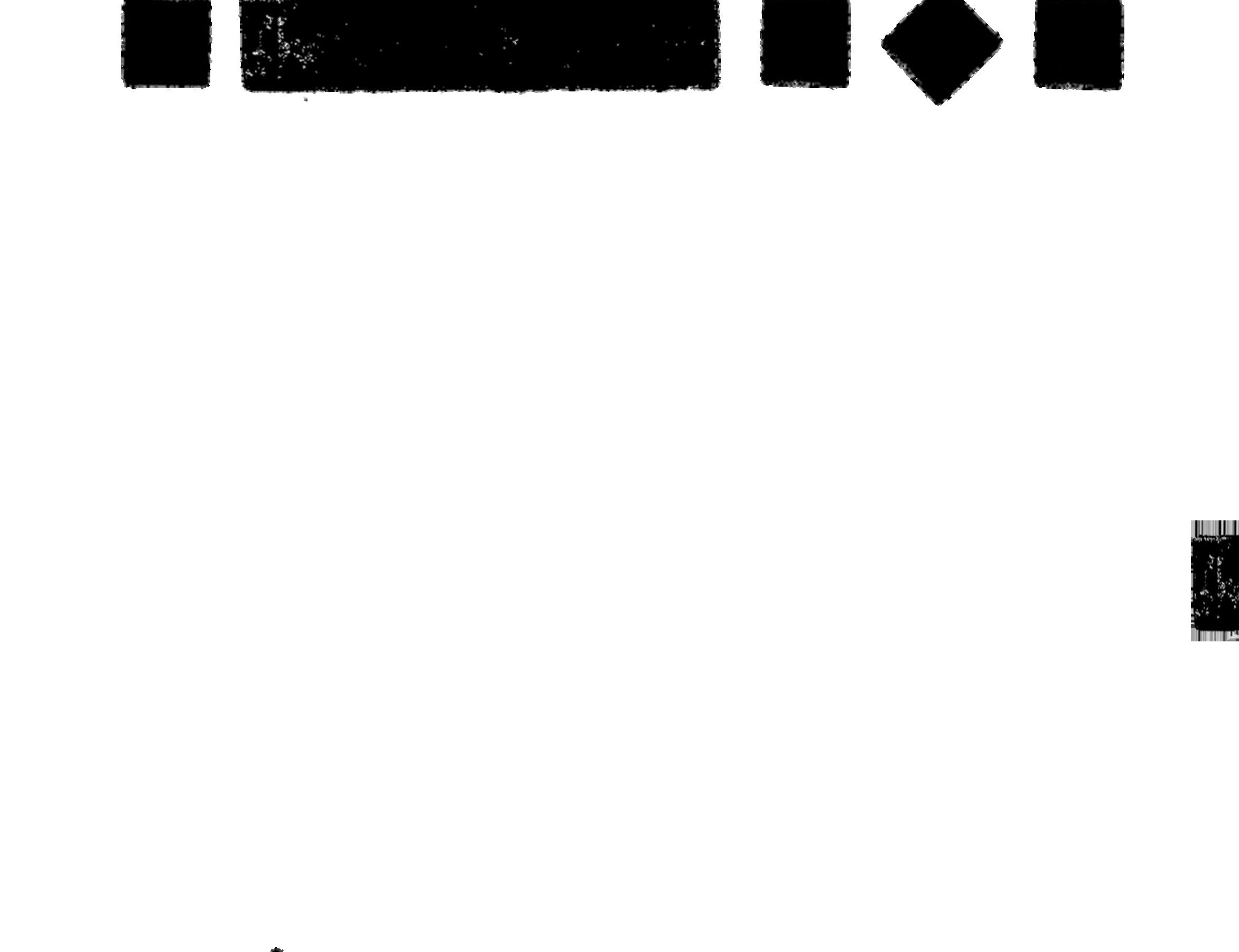
The War
Paul Oestreicher was an only child, born in Meiningen, Germany. His childhood had all the outward signs of comfort: a yellow townhouse with tall windows, a father who ran his medical practice from home, and a view across the street to the Staatstheater, where his mother sang Lieder and oratorio. But it was a lonely life. He had no friends, not because he was shy or strange, but because he was held to be Jewish. In 1930s Nazi Germany, that was reason enough.
His education lasted just six months before the Oestreichers were forced to leave town in September 1938. Paul Snr’s medical licence had been revoked; Emma had lost her position at the theatre years earlier for being married to a Jew. “Her professional career ended the day [Adolf] Hitler came to power,” Paul recalls. With no income, they couldn’t pay the rent. Their landlord threatened to throw their furniture onto the street. By some stroke of luck, their BMW remained untouched: their only means of escape.
Paul was sent to stay with an elderly relative while his parents went into hiding, never sleeping in the same place twice. “The problem was, which country is prepared to take us?” Paul remembers. “Most countries had closed their doors to Jews.”
New Zealand was no exception, taking in just 1,100 German Jews – a reluctant gesture, made under British pressure. Even then, they weren’t officially recognised as refugees. Applicants needed capital, job offers, or skills deemed useful in order to immigrate. “If you were a poor Jew with no connections outside Germany, your chances of survival were very small,” Paul reflects. “My parents got in simply because they had the right friends.”
Paul Snr’s medical contacts helped the family reach New Zealand – a move that almost certainly saved their lives. But his credentials didn’t transfer. In 1939, they settled in Ōtepoti Dunedin, home to the country’s only medical school. “My mental concentration camp,” his father joked, “was having to pass university exams at the age of forty-five, in a language I’d never learned.”
For a time, Emma’s career seemed more promising. In Dunedin, she became a celebrated concert singer, performing at the Town Hall and praised as the “German mezzo soprano”. After everything she had given up to stand beside her husband and child, she was back on stage – applauded, admired, even locally famous. And then, just four months later, it was taken from her again. When New Zealand declared war on Germany, she was barred from performing, not by the Nazis she had fled, but by the community she had fled to. “My mother wasn’t allowed to sing again publicly, this time because she was German,” Paul recalled. “So she had a double whammy. Her career was literally wrecked twice by world politics.”
The idea that Paul’s family were Nazi spies struck some in the community as darkly comic, including the local ‘Aliens Officer’ assigned to monitor Axis nationals. “He became a good friend,” Paul says. “He’d call and say, ‘Madam Oestreicher, I’ve had another complaint. May I visit tomorrow?’ ‘Yes, sir.’ ‘Then please bake some of your lovely German apple cake.’” He came, ate, and told the neighbours he’d done his job. “Some people had a sense of humour. Some knew the idea we were spies was absurd.”
Despite some lingering stigma after the war, Paul describes himself as a happy boy who made friends easily. One of those friends was Louise Harris (later Petherbridge), the daughter of the man who sold the Oestreichers their first family home. “We were both, I think, 11 or 12, and we were friends from that day.”
It was Louise who first introduced Paul to Anglicanism, the faith in which he would later be ordained. “We used to go cycling together. I remember one day she said, ‘We’ve got to go home early tonight
because I’m going to church tomorrow morning.’ I said, ‘Hey Louise, I’ve never been to an Anglican service. Can I come with you?’ She said, ‘Of course you can.’ I went, and I never looked back.”
Louise and Paul were very close, but he insists there was nothing romantic about it. “I always wondered, 'Why was she different?' [...] Her father once told me Louise said I was the only boy she's ever met where you can talk and talk and talk [laughs]. And we did.” During their time at Otago University, Louise confided in Paul that she was a lesbian – a revelation that would become Paul’s first introduction to what it meant to be gay. “We were so close, Louise and I, that she let me in on all her secrets [...] [Her] life was very important to me and [the source of] my real understanding of the gay community long before it was current.”
In 1949, Paul and Louise both enrolled at the University of Otago: he in politics, she in theatre. Neither of them knew they’d end up famous in their own fields – Paul as a human rights advocate with an OBE to his name, Louise as one of New Zealand’s most celebrated thespians.
Paul lived at home with his parents during university but was heavily involved in campus life. He became, in his words, “a kind of left-wing campaigner”, active in the Student Christian Movement (a big deal in those days) and increasingly involved in student politics through the New Zealand University Students Association. One of the formative experiences of his early adulthood, he says, came not from lectures or textbooks but the annual student congress at Curious Cove.
“There’s no such thing now,” Paul reflects. “It was so stimulating. The brightest students from all the universities got together in a cove in the Marlborough Sounds. [It was] originally a camp for American soldiers during the war. The students bought it. It belonged to the Students Association.”
The congresses, famously photographed by Ans Westra in the 1970s, captured a moment in New Zealand student culture when degrees weren’t just a means to an end – the end itself was open to question. The photos show students arriving by boat, dancing barefoot on wooden floors and sunbathing half-naked in loose clusters. The mood was free, in every sense. “People did sleep with each other very easily,” he adds, laughing. “We weren’t arguing until five in the morning very often.”
Paul, who served on the national organising committee, helped choose which lecturers to invite. “We invited the most stimulating of our teachers to come and speak informally, in a camp holiday mood. We had fantastic lectures. I think I learned more at those camps than I did at university at all. That’s where you meet people you totally disagree with.”
In 1952, Paul became editor of The Critic, though he can’t quite remember how. “I think I was already keen to write, but I don't think the job was ever advertised. It was all very informal.” The Critic office was housed inside what’s now Marama Hall, in the old Clocktower complex. “It was always a bedlam of mayhem,” he says, describing loosely organised volunteers, some friends, others just showing up and asking to join.
The Korean War was the big issue of the time. Unlike Critic today, which mostly avoids international coverage – in part because global news is now just a scroll away – 1952 Critic was one of the few ways students encountered global affairs. Although the likes of The Guardian was still the go-to, even then. Paul admits he often reprinted its articles and those of other newspapers without asking. “Simply, I often cheated without permission,” he laughs. “I thought, ‘We’re a student paper, nobody’s going to make a fuss about this.’”
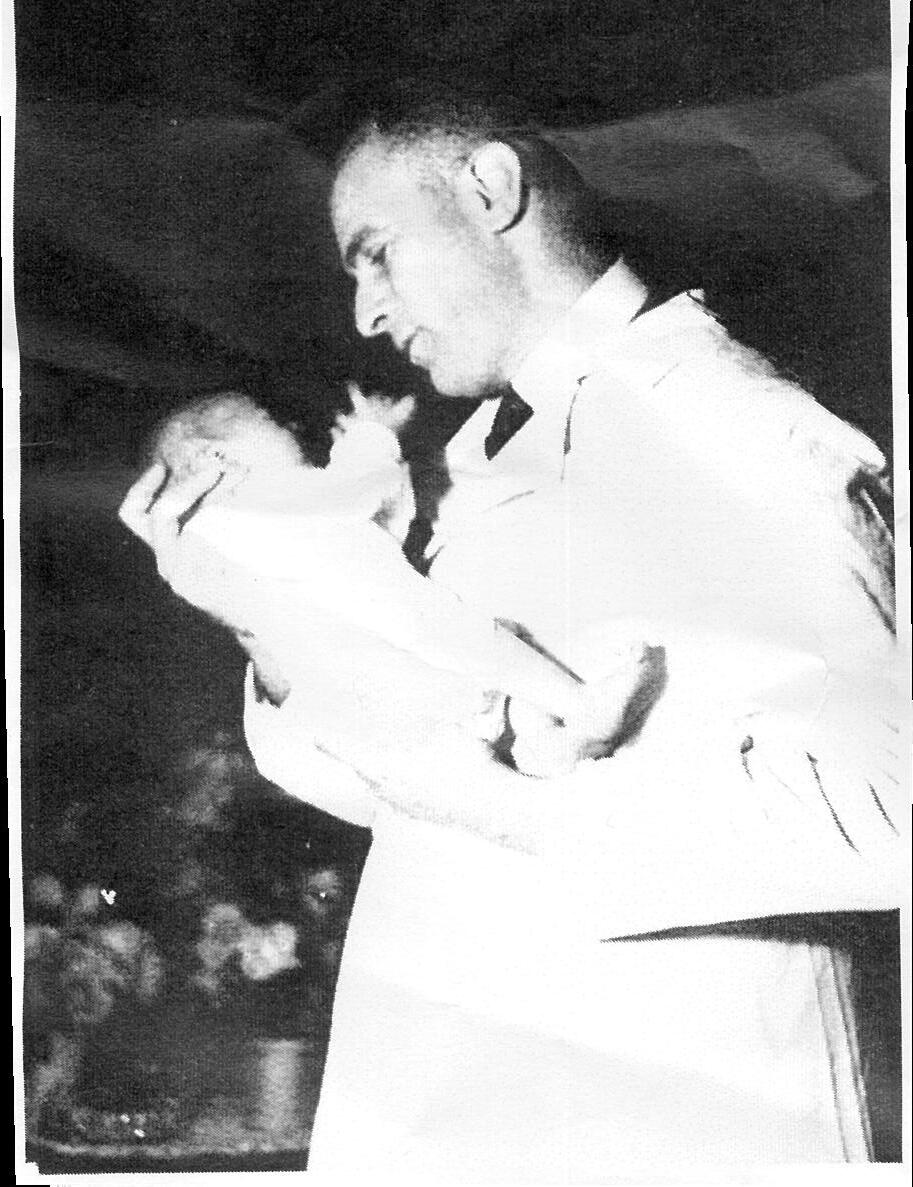
But someone did. The Otago Daily Times (ODT), which printed Critic at the time, refused to run an issue that included a reprinted article about germ warfare in Korea. “I refuse to print it,” ODT editor John Moffett told him. Paul pushed back. “I said, ‘John, you refuse to print this. I protest. I think I have the right to. If you refuse to print it, I will make that public. There will be an empty front page.’” That week, Critic went out with a single word on the cover: CENSORED.

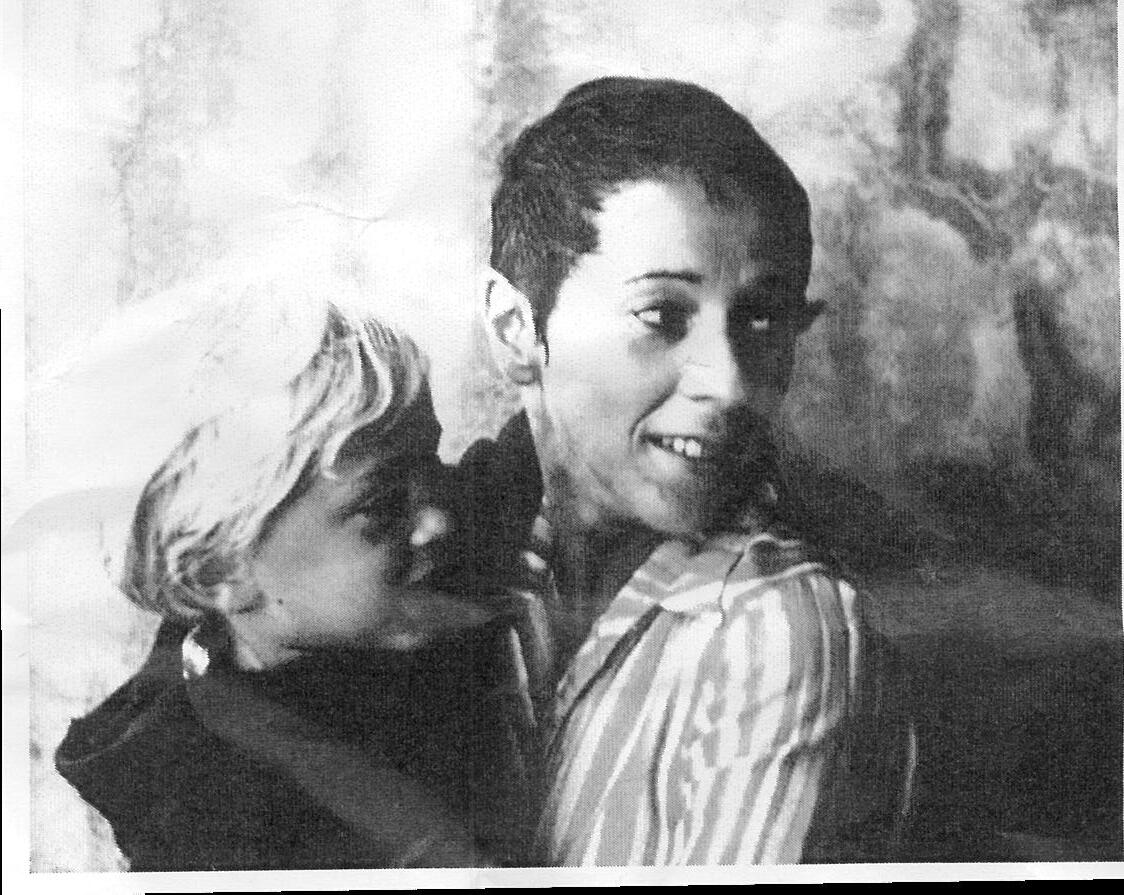

Eventually, they negotiated a compromise. Paul agreed to run an opposing article beside the original, refuting the allegations as propaganda. “In fact, history has proved it was true.”
While the consequences of global injustice were still present on Otago’s campus, it went largely unchallenged by Critic. He recalled one lecturer in German, Dr Felix Grayeff, a German Jewish refugee (who contributed articles to Critic) but was never promoted within his department. “He was far superior in his knowledge to anybody else in the German department. But he was just a junior lecturer.” Eventually, Grayeff emigrated a second time: to the UK. Paul says antisemitism was the cause of it; something that lingered in parts of the university after the war.

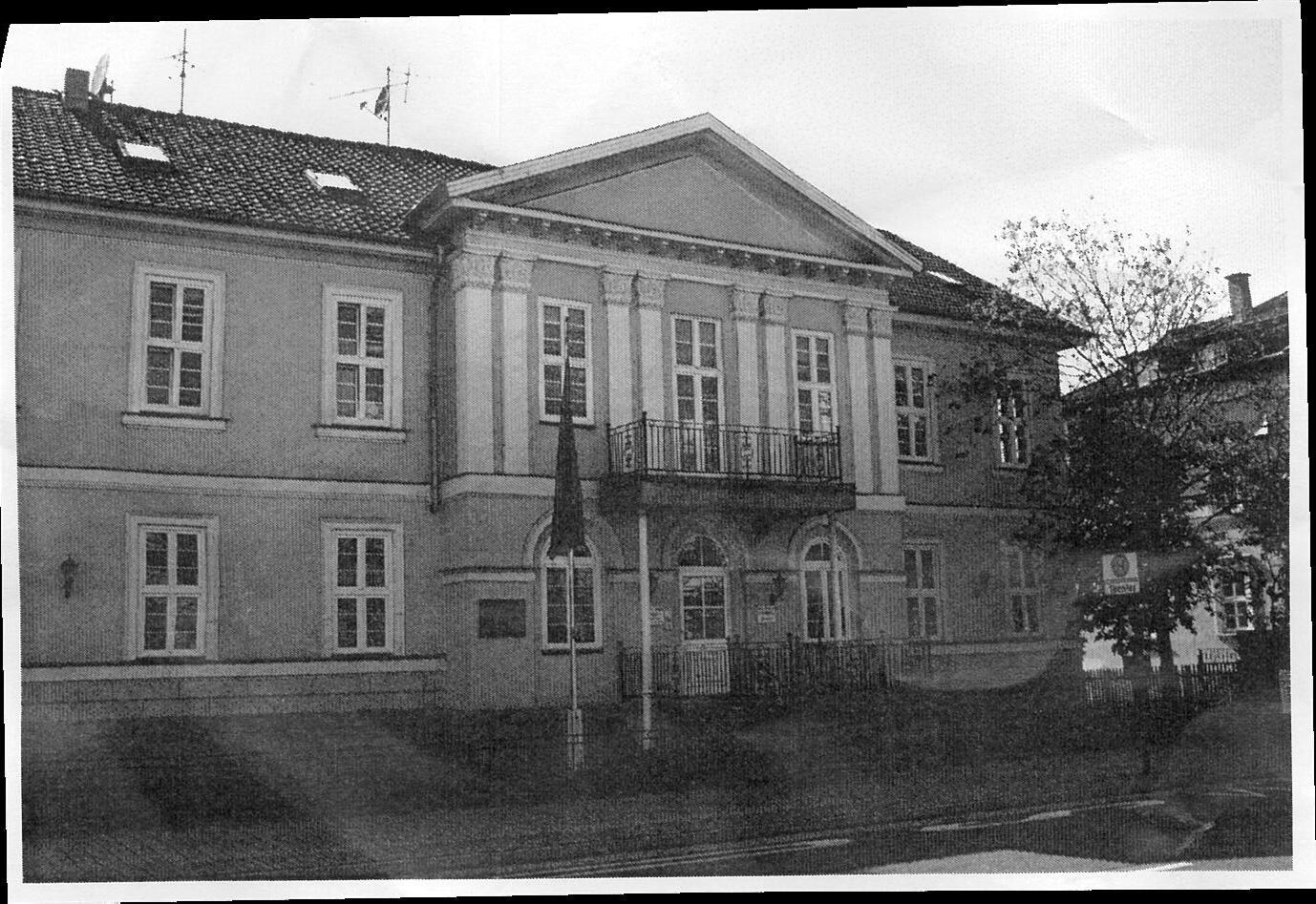

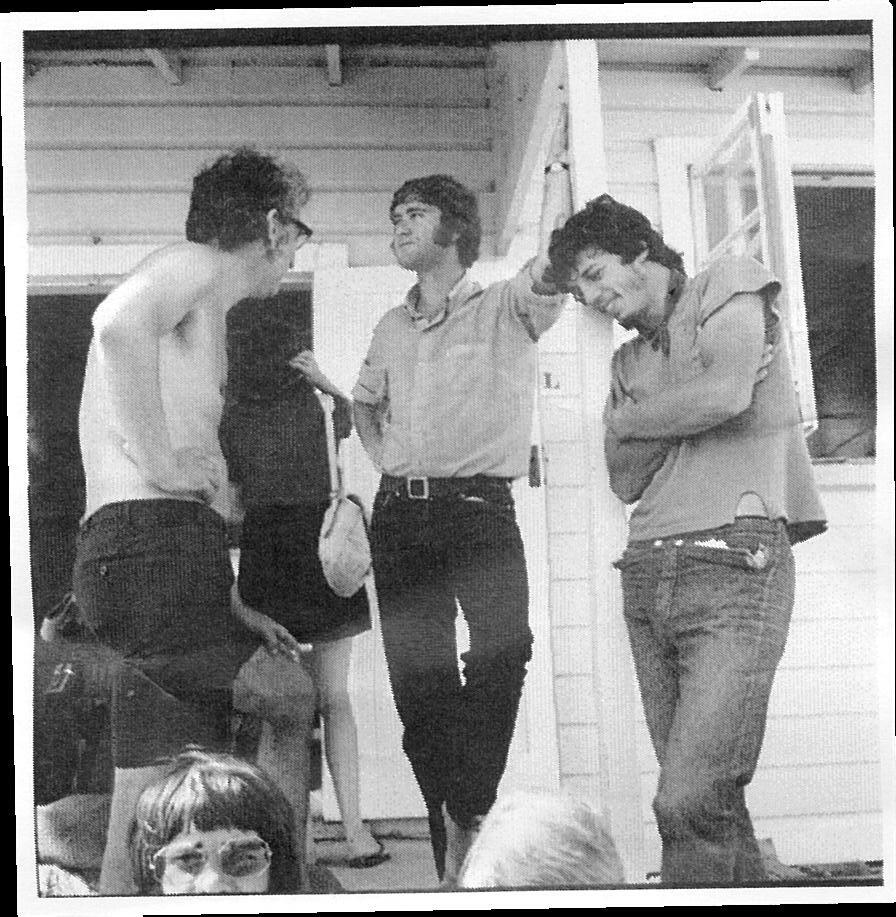
He remembers much of it was due to a senior staff member in the language department.. “She was an awful anti-Semite.” According to Paul, she had openly admired Hitler’s Germany and had written about it before the war. “When the war started, she would of course change her tune… But I don't think she had a change of heart.”
Paul regrets that Critic never called out authoritative figures like her directly. “We never attacked any person for any reason. We should have been fighting for a better university. I think we didn’t do enough of that. Looking back, we were called Critic, but we probably weren’t critical enough.”
Asked what he thinks of modern Critic, Paul expresses disappointment. “The whole tone has changed,” he says. “It doesn’t surprise me, but it makes me somewhat sad. I’d like to see more real intellectual debate, the climate now… students aren’t really [actively] political at all.” Still, he recognises students now face pressures his generation didn’t. “Now everything is very competitive. Students don’t have much time. So when they do, they go and drink,” he added, laughing. “Which is okay.”
It’s arguable, however, that Paul himself helped pioneer the irreverent tone of Critic and student media that followed. In 1952, he commissioned the first ever sex themed issue, later published by his successor John Irwin and other student papers around Aotearoa. “That special issue was the beginning of the sexual revolution.” Paul remembers. “It wasn’t very bold – but even to talk about sex publicly, it was not yet done.”
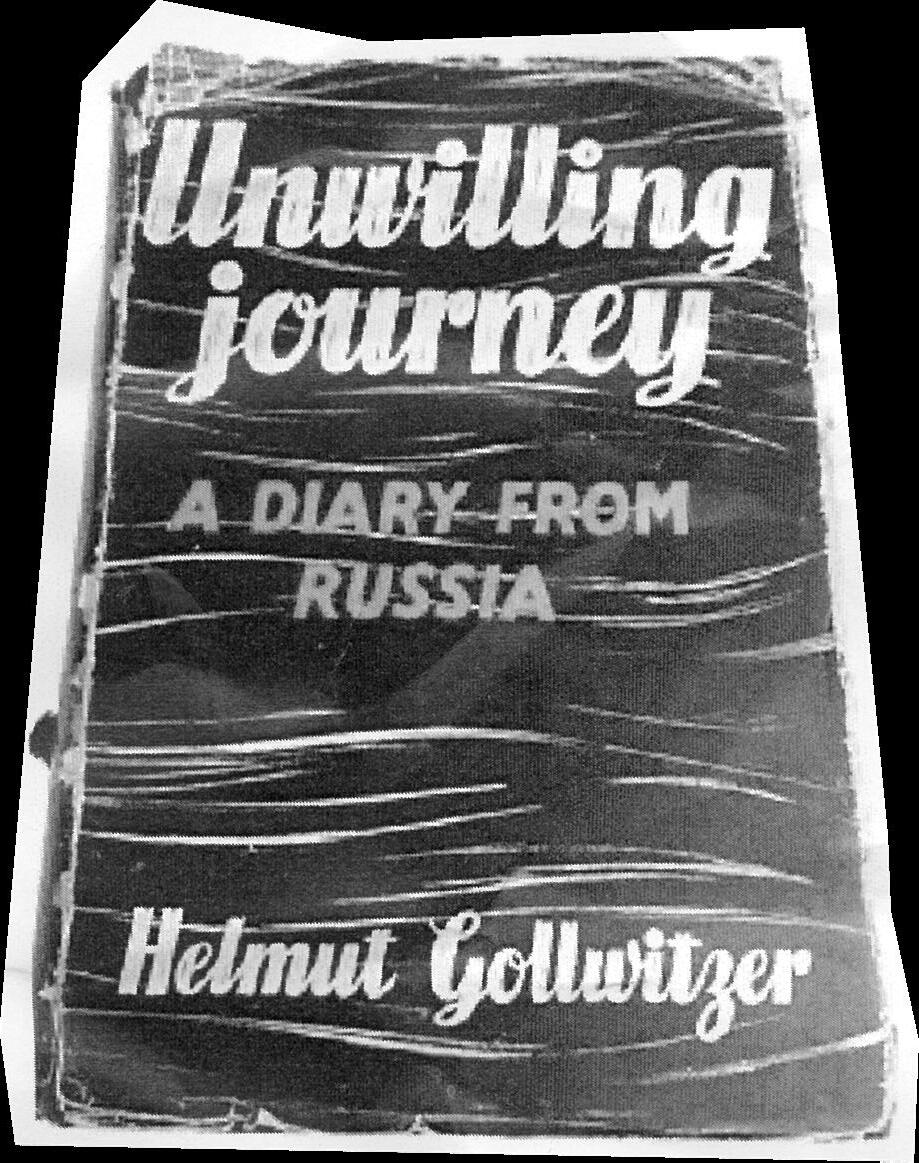
In 1953, Paul Oestreicher had left Critic behind and moved north to Victoria University to complete a master’s degree, something Otago did not yet offer in Political Science. One afternoon, he wandered into a Wellington Christian bookshop and stumbled across a text that would go on to define the course of his life: Unwilling Journey: A Diary from Russia, by Helmut Gollwitzer.
Gollwitzer had been a prominent German theologian and outspoken opponent of the Nazi regime. Drafted into the German army against his will, he was captured by the Russians and spent six years in Stalinist prison camps. The book was his diary written during that imprisonment. Reading it gave Paul something his study of politics alone hadn’t offered: a framework for understanding faith in the face of totalitarianism.
The book led him to choose a dissertation topic on the history of conscientious objection to the Second World War – a somewhat controversial choice in 1950s New Zealand. His supervisor, Major General Sir Howard Karl Kippenberger, had commanded troops in North Africa and Italy, and lost both his feet at Monte Cassino. The pairing of a pacifist student and a decorated general could easily have been adversarial, but instead became formative. “This young pacifist that I was,” Paul later said, “became a good friend of the general.” From that friendship grew a conviction that would remain central to his life: that “the very fact of war is a crime, but soldiers are not criminals.”
After finishing his masters, Paul’s intellectual focus began to shift. “To understand politics is one thing,” he reflected, “but to understand why we're here, human existence and its meaning... that’s a spiritual question.” After completing his degree, he applied for and received a fellowship to study at the University of Bonn in West Germany. His new supervisor would be none other than Gollwitzer himself, now a professor of theology at Bonn, specialising in the relationship between religion and the state. “Amazing chances,” Paul reflects. “You’d never plan it that way. It just happened. The rest of my career was built on that foundation.”
However, the idea of returning to Germany was troubling at first. “Germany was the country that expelled us. That killed us [other] Germans,” he recalled. However, Paul felt that reconciliation was essential for his own integrity: “If I was a decent Christian, I had to learn to accept Germans as my fellow human beings, and not hate them.”
When Paul arrived in Bonn in 1955, his classmates, he observed, were still living in a “totally different mental world” having been raised by Nazi parents and seemed unable to acknowledge the past. “They didn’t know how to cope with me. They never asked me anything. I almost felt I was an embarrassment to them.” In his view, Germany’s cultural shame at the Holocaust came years later. “It's very strange how history works. The German student generation in the late sixties and seventies were desperately ashamed to be German... But it took 15 more years for that to happen.”
Paul felt disconnected from his peers and instead became close to the faculty. Many of his lecturers had been political prisoners themselves. “Just about all the professors… had suffered under the Nazis with [the Jews]. They could understand me completely.”
Paul’s first post after graduation was at BBC Radio, producing programmes on church and society. Politically conscious and grounded in faith, it was a fitting continuation of his journalism career post-Critic.
By the 1960s and 1970s, Paul’s work had pivoted to freeing political prisoners. He was a founding member of Amnesty International and later became its chairman, a role that took him into some of the world’s most repressive regimes, landing his name on a South African blacklist for his outspoken opposition to apartheid. But Paul was not easily deterred. He secured a British passport and listed his occupation as “British clerk”. “Clerk,” he
explained, “is the medieval word for priest, but I didn’t expect the South Africans to pick that up.” At the border, an officer scanned his name on a blacklist, hesitated, and waved him through.
Inside South Africa, Paul decided it was better to own up to his presence than risk being exposed. He went straight to the Minister of Justice. “If he refused to see me, it would have been a public scandal,” Paul recalled. “So they let me stay, but they watched my every step.” Under surveillance, he visited families of political prisoners, helped secure releases, and compiled evidence of torture. “Getting people who should not be imprisoned out of prison was my job.”
Paul’s work with Amnesty International prepared him for what came next. As Secretary of the Committee for Relations with the Communist Countries of the British Council of Churches, Paul negotiated for the release of dissidents across Eastern Europe. “I was expelled from Czechoslovakia and not allowed into Russia. There were always ways around the secret police,” he said. “In the Stalinist period, I could have ‘disappeared’ somewhere in Siberia.”
Paul believed he was spared because he never met hatred with hatred. His principle was simple: treat every person – even those enforcing the systems he opposed – with dignity. “I always said, ‘I’m not your enemy. I respect you because you’re a fellow human being.’”
The most personal of those negotiations came in East Germany, where a New Zealander named Barbara Einhorn had been arrested for her work with a group called Women for Peace. “I helped negotiate her release and ultimately – 18 years later – married her,” Paul laughs. “There won’t be many cases of people who find their future wife in prison, help get them out, and marry them.”
Though his activism often took him into politics, Paul remained equally committed to reform within the Church. He believed that any institution claiming moral authority had to confront its own injustices first. For the Anglican Church, that meant ending its exclusion of women from priesthood. “It happened far, far, far too late, but it did happen in the end.”
One of the curates in his parish, Elsie Baker, was barred from ordination. Paul remembered telling her, “You’re not yet a priest, but you will be one day. While you’re on my staff, help me run the parish anyway.” For years, Elsie ministered unofficially. When the Church finally changed its law, she was 83 and long retired.
The Bishop of Southwark came to see her and said, “Elsie, I’m afraid I can’t make you a priest.” She smiled and said she was far too old, and simply happy for the younger women who’d finally be recognised. “No,” the Bishop replied, “you’ve misunderstood me. God made you a priest a long time ago. I can only confirm it.” At 83, Elsie Baker became the oldest woman in England to be ordained. “The Church caught up,” Paul says, “with what God already knew.”
In 1984, Paul’s old friend and university contemporary, Paul Reeves – then Bishop of Auckland and soon to be New Zealand’s first Māori Governor-General – invited him to dinner in London. Reeves had just been knighted and wanted Oestreicher to accept nomination as Bishop of Wellington. Paul agreed, reluctantly. Though he was then elected by a large majority, conservative factions within the Church vetoed the appointment, Conclavestyle. “Thank God,” Paul laughs. “Trying to get people out of prison was much more me.”
Paul’s refusal to separate faith from conscience sometimes put him at odds with political orthodoxy. One of his most controversial stands came as a founding member of Jews for Justice for Palestinians. “For the first half of my life, the German in me was deeply ashamed of what Germans had done to Jews. But when I saw what the Israeli state was doing to the Palestinians, the Jew in me was deeply ashamed of what Jews were doing to Palestinians.” He rejects any accusation of antisemitism: “I feel Jewish. But I’m ashamed of what the state of Israel is doing.”



Even in his nineties, Paul remains outspoken – opposing nuclear power, supporting the 2024 hīkoi against the Treaty Principles Bill, and still occasionally running afoul of the censors. “I sent a good article on Palestine to the Archbishop of Canterbury. Microsoft wouldn’t even send it,” he alleged. “The system decided it disapproved.”
Underlying every position Paul held – priest, journalist, activist – was an attempt to reconcile the world’s moral failures. He reflects on the state of humanity today with sobering clarity.
"I don't think people themselves are getting worse. But collectively, we are in a very, very dangerous situation. Everything else in my life that I've talked to you about is my past, it doesn't exist anymore – well, it does, but at 93, you can't put your weight and influence behind things in the same way. You have to focus on the essentials. If people ask me what matters most, I tell them this: I’ve scrapped all my formal connections to organisations, except one. I’m still Vice President of the Campaign for Nuclear Disarmament. At 93, that’s the only role I still hold.”
Power today, Paul says, is embedded in weapons on a scale human history can’t comprehend. Unless those in power have the “intelligence and skill” to steer the world away from disaster, the chances are not good, he warns. “Especially with people voting the way they do. I mean, look at the world of Trump, Netanyahu, and Putin […] I don’t pretend to understand it all, but it makes me very pessimistic.”
With the conversation veering in a philosophical direction, I ask him if he believes in the afterlife, a heaven that would surely receive him. Death, Paul replies, is not something that frightens him. Despite his faith, he admits he has no idea what lies beyond.
"It’s a mystery. I don’t think there’s nothing, but I also don’t think there’s a place called heaven or a place called hell. But what we stand for – that’s a reality beyond ourselves. Religion is an attempt to answer that question. A very unsuccessful attempt, I would say. There are many different religions, all trying to do the same thing: explain our existence. And some even think they can explain what happens after death. But I don’t think anyone can. We haven’t got a clue.”
Paul describes himself as a “happy representative” – though not a typical one – of two branches of Christianity: Anglicanism and Quakerism. But his daughter who is close to Buddhism, he says, is just as likely to be right about the afterlife as he is. “We simply have different experiences of ultimate reality. And some people have no experience of that at all. Many have abandoned questions of belief entirely. I think living decently with our neighbours, day by day, is enough. Maybe that’s all that matters. I don’t think being religious makes me better than others. And I certainly don’t think religious people are inherently better than others.”
He sees the same longing for meaning in those who reject religion altogether. “Karl Marx said religion props us up – it gives us a sense of purpose that makes life bearable. But to him, that wasn’t enough. Marx believed we have the power to make a revolution and improve things ourselves.”
But no ideology lasts forever, Paul muses. “The Nazi one collapsed very quickly. The communist one took a little longer, but it met the same fate. And I think the present state of Western capitalism –it’s headed the same way. It will collapse. It is already in crisis. The economists don’t have the answers for ordering the world in a way that gives dignity to everybody. Capitalism does not, nowhere near. It’s not even a defined ideology, which is why it’s flexible enough to survive for now. But nothing is forever. Socialism, I think, is a better ‘ism’ than capitalism. But it’s all relative.”
Sitting with his words, I ask whether, if he were young again, he would still choose to bring children into the world.
"I think and feel that we are meant to exist as part of creation,” he replies reassuringly. “This world, as we know it, is very small compared to the whole wider sphere of existence – something much bigger than we can imagine. Within it, we are a tiny fragment.”
And yet, Paul admits, the rest of the animal world seems far more capable of living with itself than we are. “The destructive part of us is just as real, just as powerful, as the constructive part. So, if you like, there’s a cosmic battle – a struggle between good and evil. And I won't see the end of it. Not even close. Anything beyond the next ten years is not my world anymore. And I certainly don’t want to live to 110.”
Then Paul pauses and smiles softly. “Well. I think we've covered a heck of a lot of ground. So, do with that what you will.”
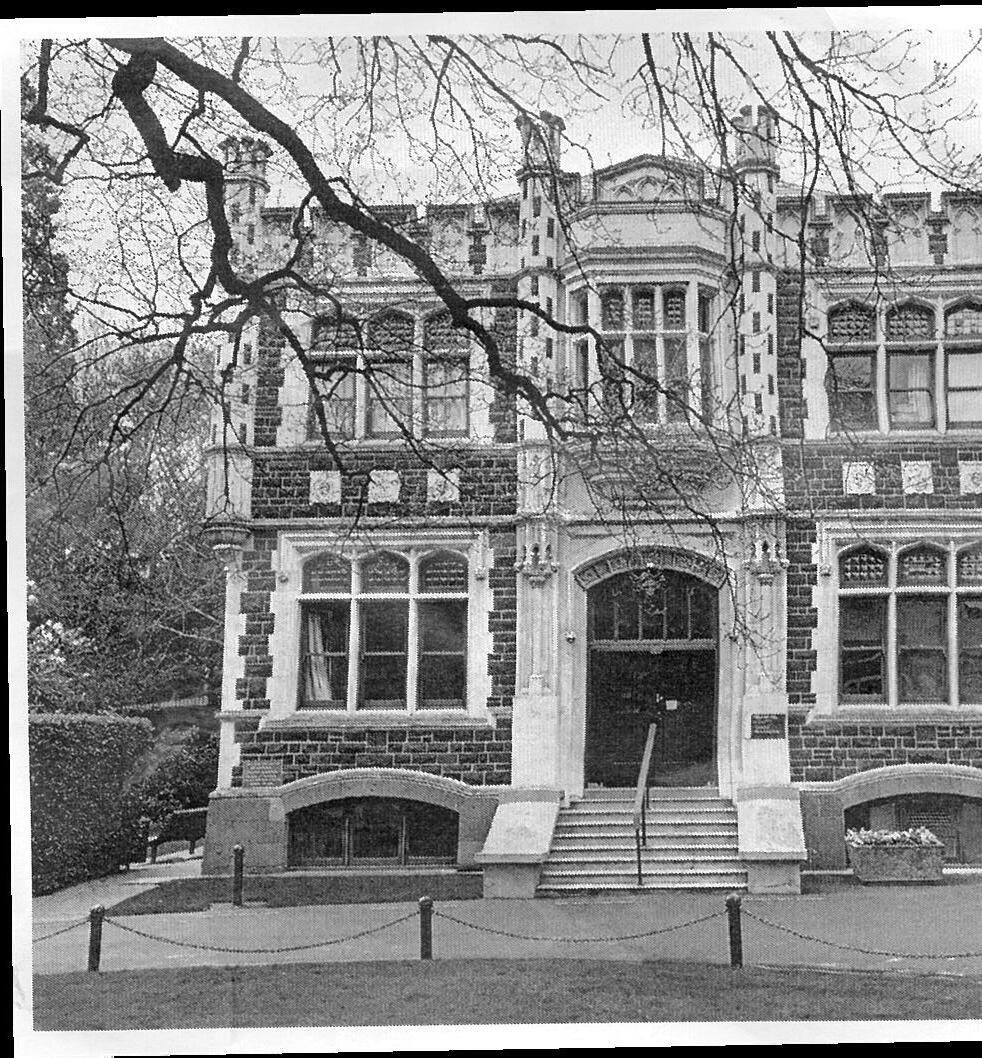

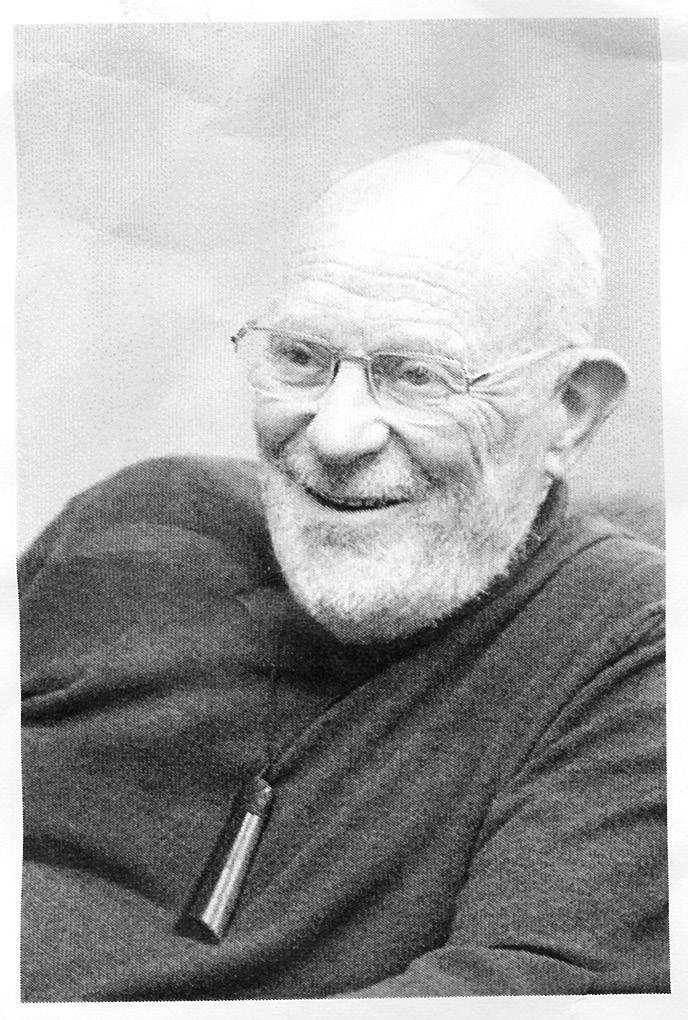



For the final edition of the year, one brave soul got our logo tattooed onto her tricep. Tevya Faed, one of Critic Te Ārohi’s finest illustrators added to her collection of tattoo’s booking in for an appointment with her go-to tattoo artist, Kesi.
In a post-match interview with Tevya, she made it clear that she was not coerced by her bosses into getting the logo tattooed (gun lowers behind camera). In fact, she had the idea for the cover over a year ago, when she began her internship at the magazine. “It was just about finally getting it done.” Tevya used her time with Kesi wisely. Booking in for a half day appointment, the illustrator also received a Coraline inspired tattoo on her arm, alongside the word ‘lucky’ imprinted on her butt in cursive writing.
Critic sent a writer, still yet to lose his inked virginity, over to Subconscious Studio to step into the mind of Tevya’s tattoo artist. Kesi said that she got her first tattoo when she was just fifteen – three years below the legal age in Aotearoa. Her mother had searched to find the one studio in town that would tattoo a 15-yearold. Somewhat unsurprisingly, that place isn’t open anymore. Kesi’s first piece was a subtle semi-colon. On reflection she says, "It's probably not something I'd get now.” She views her tattoo’s as a “scrapbook of memories,” almost like a timeline of her life printed onto her body.
Kesi mostly practices fine line black work, but also dabbles in coloured and bolded art styles. She especially loves to create nostalgic pieces. Looking up to her board of flash tattoos, familiar faces from Cartoon Network appear, like characters from Adventure Time and The Regular Show. A lot of old internet themed stencils were also up for grabs, including a game of Mine Sweeper and old Windows XP pop up notifications.
In what was almost an act of self sabotage, Kesi made the bold decision to get a face tattoo when she was 18 years old. While most people fear that getting a face tat could ruin your white collar career prospects, Kesi relished in that fact. She never wanted to “even have the ability” to work an office job. To set this into stone she made the move to get a floral tattoo stretching between her left ear and cheek “so that no one would ever hire [her].” At this point, the recently tatted Kesi was living with her Dad – he “wasn’t really impressed” with her decision. Thankfully, Kesi still seems chipper about the call, with her current studio book filling up with clients a month in advance.
Kesi has always had an artistic streak. “I basically do every sort of art that I can do,” she tells Critic, reminiscing about the times sitting in the back of the classroom doodling rather than actually working on assignments. In her spare time she explores other artistic hobbies, such as crochet and knitting. Her Instagram boasts many of her creations, including t-shirts, jumpers and even a toy hippopotamus.
Most tattoo artists hone their craft while practicing as an apprentice, a position Kesi got offered mid session while getting one of her own designs tattooed. Throughout Kesi’s journey, many of her friends and family members put their bodies on the line. Her brother carries a lot of Kesi’s first etchings, becoming one of Kesi’s canvases for a discounted price.
Having come a long way since getting that facial tattoo, Kesi says that her father is very accepting of her tattoo journey. “He doesn't really understand the tattoos that I get, but he has kind of given in to the fact that I’m going to get lots of tattoos,” she says. The artist has even given her father a selection of tats, and they’re currently working together to draft up a large Pink Floyd inspired back piece.
Subconscious Studios is where Kesi has found herself for the past five years. The borough buried just beyond the Octagon actively aims to open itself up as a safe space for young women and its queer customer base. Part of this kaupapa is the acknowledgement and understanding that being tattooed can be a vulnerable experience, exposing parts of your body you wouldn’t usually, and that many young women and queer patrons “have never really felt entire ownership over their bodies.” She perceives that art of tattoo as a way to reclaim your body, in the “coolest form of self-experssion,” one that acts as a "permanent accessory” – and Subconscious Studios is a safe space to make that happen.
Peruse through Kesi’s portfolio @kesi.ink on Instagram to see if she’s the artist for you. There, you'll also find a story highlight which will help you make your next tattoo inquiry.
ByJonothanMcCabe


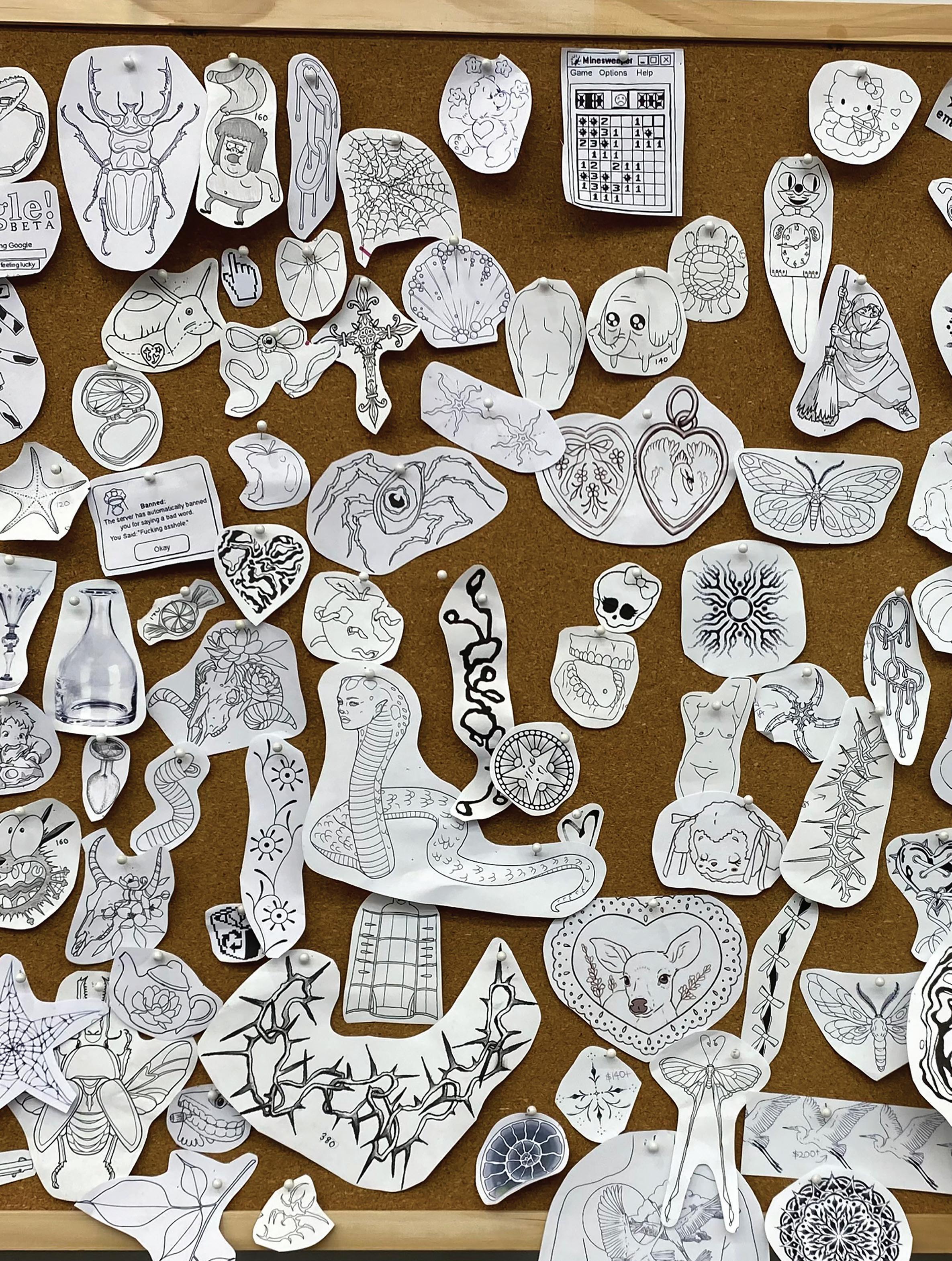
BY Joan of Rark
Hello team, Joan here. I would just like to take a moment to point out (not that it hasn't been mentioned by every other bastard in the twenty something pages you went through to get here) it is the last issue for 2025. With that comes some sad goodbyes, particularly Miss Boss Lady, Nina Brown. Nina's favourite tipple is allegedly Jam Shed, a rather pleasant Shiraz offering out of Oz, the second best wine producing country on the planet.
As far as reds go, it is definitely much less abrasive than the more standard merlots and pinots. It pairs pretty well with just about anything, particularly the pasta bake that my flat had for dinner. On the nose it presents as a lot less acidic than a pinot (probably due to the “tannins” or whatever) but wine science is far better to be undertaken by a middle-aged French person than my BA-taking ass.
make sure to get roasted & unsalted
Despite being called Jam Shed, actual jamminess is a bit lacking. Not even a little seed or two to hold up the illusion – a little disappointing, but to be expected. From what I’ve gathered from reading the bottle, it seems to be a wine of mixed origin; a bit of a blend to achieve the exact taste profile that the bottler wants, and that is an idea I can get behind. It’s also 13.5%, which is like half a percent off being taxed as a fortified wine. Pretty fucking impressive for what’s just a bunch of rotten grapes grown in the place they filmed Mad Max.
In all seriousness though, if you whipped the label off this and had me blind taste a bunch of reds, Jam Shed would win all week and twice on Sunday. It’s a stellar offering, warms you pretty well for the cold Dunedin nights that are (largely) over, and doesn't give the feeling of that horrific Pinot Noir spider that runs up the back of your throat in Maharajas after you smash back the bottle before your main even comes out. Not a bad drop at all.
Tasting notes: Warm peppery nips enveloping an unexpectedly light yet full body
Scullability: 4/10 out of bottle, 8/10 out of pint glass
Pairs well with: Grinding out an essay at pres, dinner with the in-laws
Hangover Rating: 8/10

We have arrived at the final recipe of the year! Greek traybake is my all time favourite dinner so it felt like an apt way to finish up my column at the fabulous Critic Te Ārohi. This recipe is totally hands off to cook, uses seasonal ingredients, and is utterly delicious. In my opinion you can’t get much better than this!
Thank you to everyone who has taken the time to read any of the recipes over the past couple of years. For anyone who gave them a try, I hope you got some tasty flat meals and learned something new. We have officially graduated from the Mi Goreng dinners xx
5 small potatoes (chopped into 3cm chunks)
3 capsicums (chopped into 3cm chunks)
2 large red onions (chopped into eighths)
5 medium tomatos (chopped into quarters)
3 medium courgette (chopped into 3cm chunks)
10-12 sausages (optional)
1 block feta
Salt & pepper
Step 1: Preheat your oven to 180C.
Marinade: ¾ cup oil
1 lemon (juiced and 1 tsp zest)
5 garlic cloves (finely chopped)
2 tsp dried oregano
1 ½ tsp dijon mustard
Large pinch of salt & pepper
(If you’re following these quantities you will have too much for one dish)
Step 2: Begin by roughly chopping your vegetables and spreading across two roasting dishes evenly.
Step 3: Prepare the marinade by whisking all the marinade ingredients together in a bowl. Once combined, pour evenly across the vegetables.
Step 4: Add some salt and pepper to the vegetables and toss until everything is coated in the marinade. If you are using sausages, nestle these in around the vegetables now.
Step 5: Place into the oven for 40 mins.
Step 6: After this, take out of the oven, toss the vegetables around in the dish. Crumble the feta on top, and return to the oven for a further 30-40 mins.

Step 7: Test your vegetables after this time. The potatoes should be soft and cooked through, and the tomatoes and capsicum should be soft and *saucy*. If yours needs a bit more time to get to this stage, pop the dish into the oven for 10 mins at a time, until cooked.
Serve up on rice or couscous with a side of hummus and protein of your choice! Enjoy x
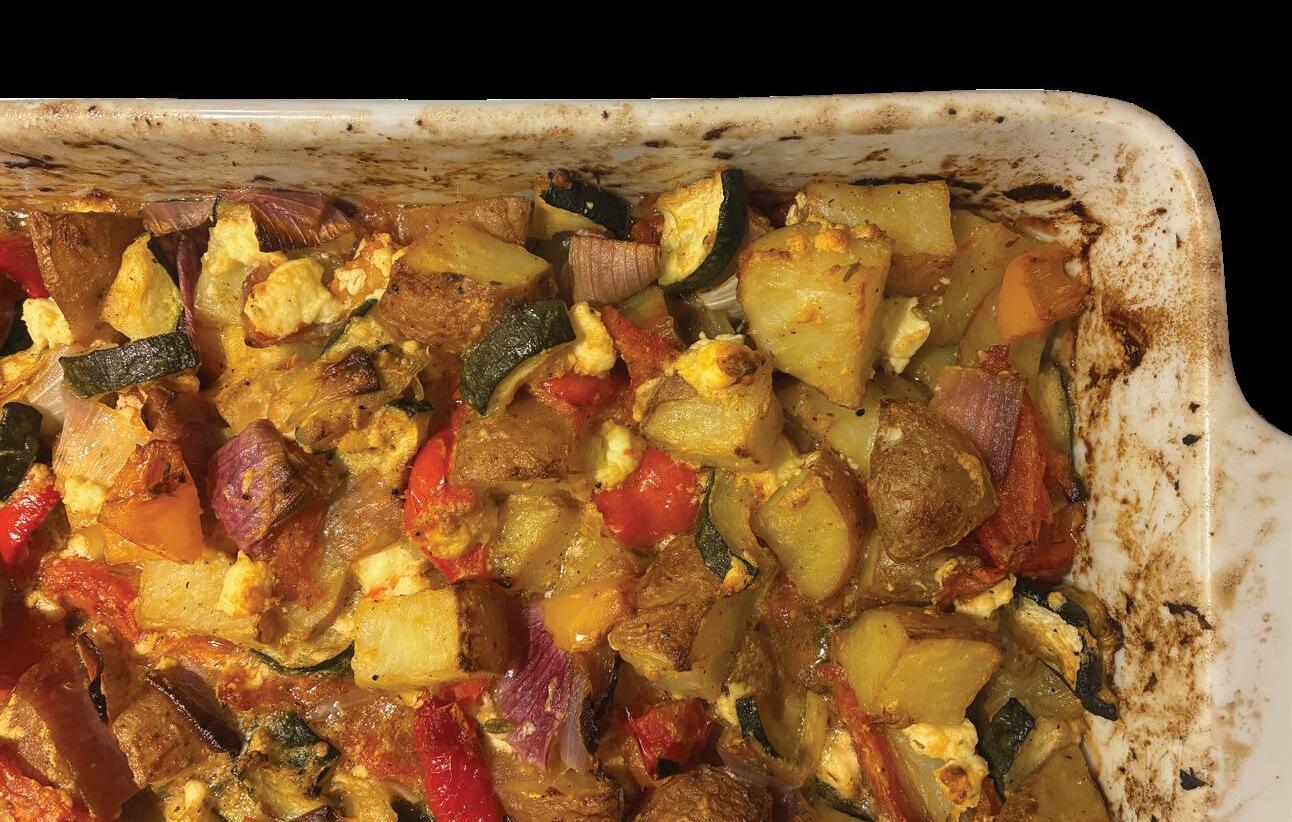
IS IT REASONABLE TO LEAVE YOUR STUFF IN THE LIBRARY DURING A LUNCH BREAK IN EXAM SEASON?
Whatever happened to the childhood sacrality of dibs? If your stuff is there, that spot is yours and yours only. You snooze, you lose suckers. But let's not forget the trade off here, because in leaving your belongings behind you are putting yourself at risk of some devious licking…so who’s the real sucker? I say it’s fair game at that stage. Besides, there’s a plethora of study spaces across campus so do yourself a favour and go for a wander. Explore. There’ll always be somewhere to sit. Sure, it may not be as comfortable as the consistently occupied booth seating of Central, but unless you’re willing to be the early bird (or a particularly lucky one) you don’t get the worm. So yes, it’s reasonable to leave your stuff in the library during a lunch break. Even during exams. When you think about it, you’re really doing everyone else a favour by eating lunch elsewhere and minimising disturbance – you’re welcome! What are you gonna do to stop people anyways? A mechanised table with a timed button in the centre that sets off a disposary trap if it isn’t re-activated every 15 minutes? Like we have the budget for that…
And to those of you who get pissy when someone's sitting alone at a large group table, how about you go sit with them? Make some friends, a new study buddy even. With so much extra empty space, I’m sure they won’t mind. Heck, you don’t even have to talk if you don’t want to! Screw unspoken societal laws. The movie theatre seating rules, bathroom stall selection, it’s all in your head! Go exercise that free will! Sit where you want, leave your stuff if you need. Most of all: be more chill.
The only time it would be worth reserving a seat is the only time when it’s totally inappropriate to do so. If the Link is empty then there’s no need, if the Link is full then you’re being discourteous. “Reserving a spot” is a total farce. The library is a public space and everyone should have access to it. Not just the people who happened to arrive early in the morning before heading off to their classes for hours.
It’s a simple fact of efficiency. When you’re not using a space, why stop others from using it? When did we start thinking that objects and theoretical persons had more rights than actual present people? The people who most need access to seats are the people currently in the library. No, not the people away for an hour long lecture. Not the people taking an extended lunch break. Not the people who’ve ran into some friends and got caught up chatting. To allow “dibs” to preside over present humans is to favour a world of empty seats populated by ghosts and derelict bags.
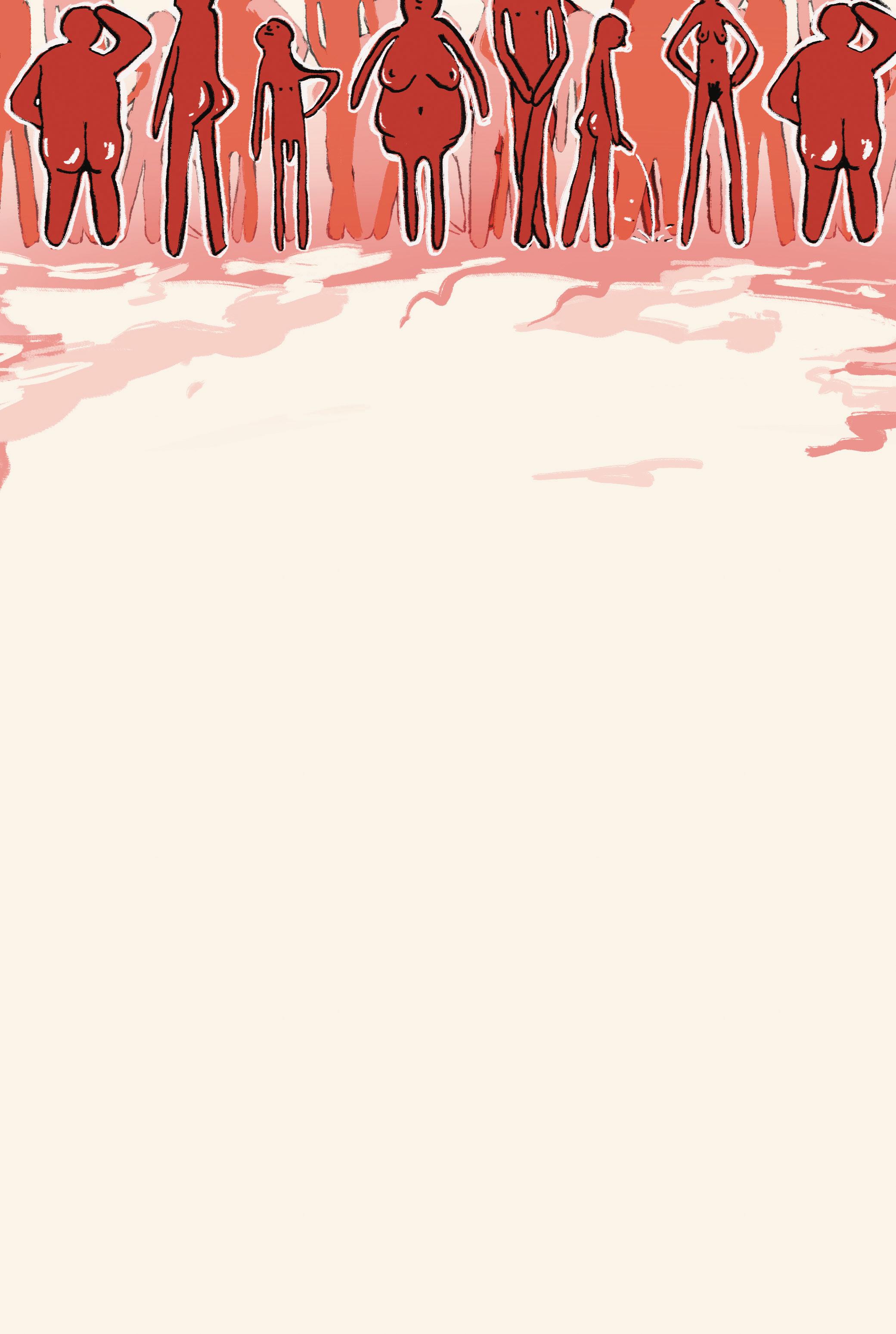
By Lady Jane Grey
If you’re anything like me, you’ve probably had a few memorable moments between the sheets of whatever bed you currently call home. But after a recent revelation that my flat was once the site of a full-blown BDSM orgy (yes, whips, chains, and leather – the holy trinity), I started to think a little harder about the bed I’m sleeping in.
Not my own bed, mind you. I’m a proud participant in what I like to call the Great Uni Bed Chain – buying whatever mattress happens to already be in the flat I’m moving into, then selling it off to the next poor soul when I move out. It’s cheap, convenient, and horrifying if you stop to think about it for too long.
Because… what has happened in these beds? Whose naked ass has christened this mattress before mine? According to a friend who knew the last owner, my current bed saw some pretty questionable sexual activity. I was even more disturbed to realise that the mirror in my room lines up perfectly with the bed. Like – no. I don’t need to visualise that.
So as you all start packing up for the holidays, heading back to your childhood bedrooms where the only stains are from juice boxes and tears, take a moment to reflect. What stories would your uni bed tell if it could talk? Maybe it’s seen the classic “we swear we’re just friends” situationship finally implode at 2 a.m. Or the sloppy 3 a.m. hookup that started with a game of beer pong and ended with someone crying into a half-eaten kebab. Maybe it survived a one-night stand so awkward that both parties pretended to be asleep until one of them eventually snuck out. Or perhaps it’s witnessed a committed couple do something unspeakable with a bottle of whipped cream and a roll of duct tape.
What have your walls witnessed? The late-night confessions? The bad sex? The desperate “you up?” replies you’d rather forget? For your sake, I hope not a BDSM orgy.
Of course it’s easy to go find another space. Just as easy for you to find a new space if you go back and find “your” table productively used by some other student in your exact position. Finders keepers? Oh I’m sorry for not respecting your own personal Terra nullius, I had no idea that you were the first to discover 2nd floor Central. The Uni should be a dynamic space – a space that is used and lived in to the greatest extent. Sure you might have to move every so often but clearly you were doing that anyways when you got up. Think of it as an opportunity to stretch your legs and go explore some new facet of campus.
And to those of you smugly lounging on brand new mattresses you’ve had since first year:
a) screw you, and
b) think about your own questionable choices instead — and if any of them are funny, send them in so we can all laugh about them together next semester.

HAVE SOMETHING JUICY TO TELL US? SEND YOUR




You have been drinking way too much alcohol and having too much fun considering how close to the end of the semester we are. Time to take a break from staying up until 3am every night of the weekend and time to lock yourself in the library to get shit done.
Your tattoo style: Half-tone
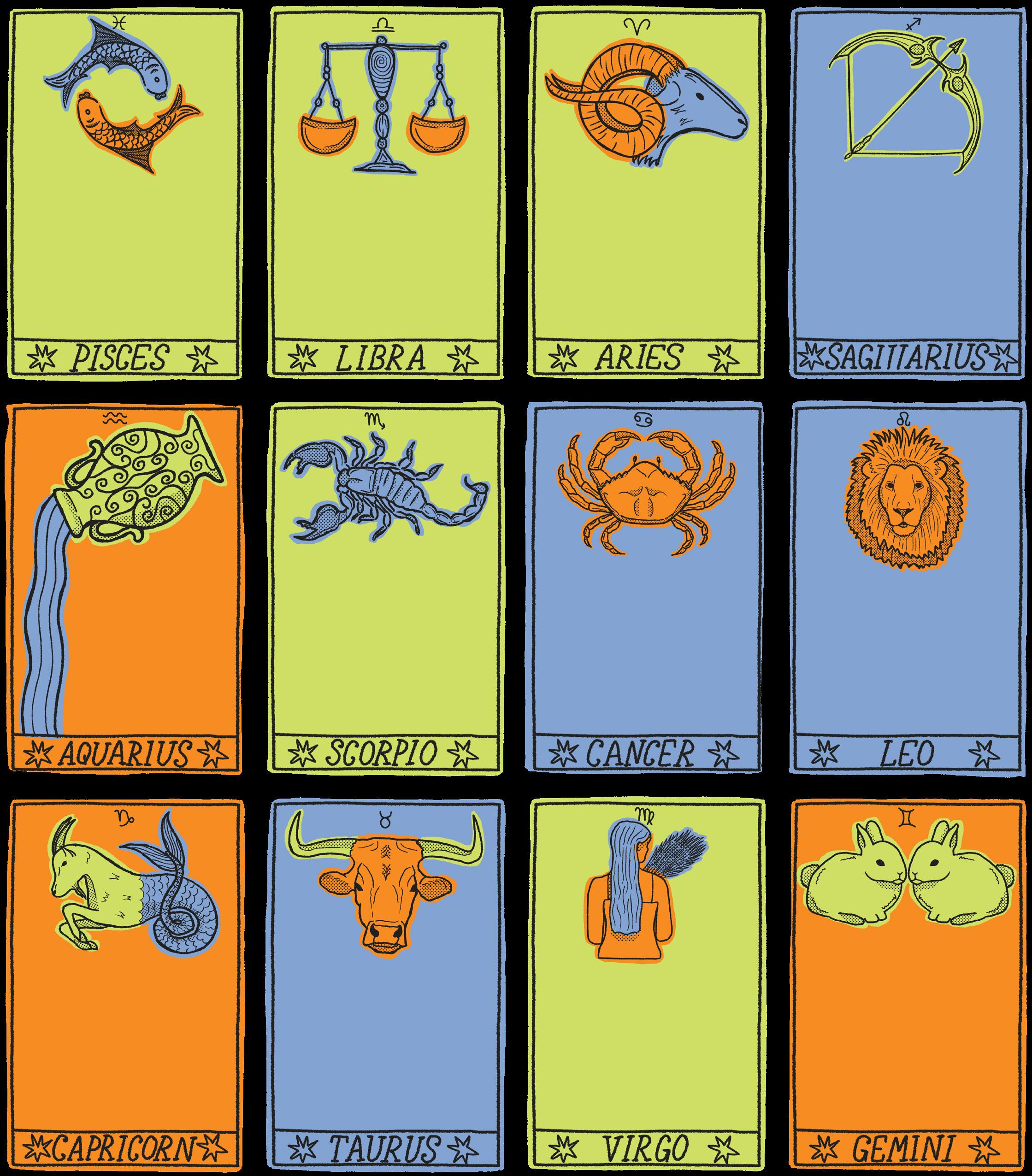
This month is your last with a very special group of people. Take everything in as much as you can but don't get too sad, a new group of friends will come your way very soon. When they eventually come around, don’t get too worked up trying to be friends with them, you have a great vibe that attracts people.
Your tattoo style: Patchwork
You have changed your degree so many times it feels like you will never leave this goddamn era of your life. Don't worry, the next one will be the perfect fit for you. Until then, keep that “Cs get degrees” mentality to ensure the uni will actually let you into papers.
Your tattoo style: Portrait
You may feel like that person who you meet in line for the club is the one, and the whirlwind pre-summer romance is the best thing on your schedule right now. But please don’t fucking forget about that last essay for that one paper you have neglected all semester.
Your tattoo style: Lettering and script
You haven't been putting as much effort into relationships as you should be. Your flatting group for next year is talking shit about you as a result so try to make an effort to catch up with them, even if it is just for a quick coffee and a chit-chat.
Your tattoo style: Realism
Your last assignment has been pulling you down, and spending some time outside can help refill your cup like no other. You need to take a break this week: grab a rice ball and walk through the Botans.
Your tattoo style: Doodles
If you haven’t already got a Halloween costume in mind, you’re pretty much fucked. Get your ass to the Warehouse and buy a costume ASAP – you don't want to be the only person at the host repeating their outfit from Hyde Street Party.
Your tattoo style: Stick-and-poke
Your hormones and emotions have been all over the place for the last month, but don't let that get you down. This week is about to be the best one yet! Think fun, friends, adventures, and lots of random free shit.
Your tattoo style: Dotwork
This week a big bill will come rolling in and absolutely fuck that modest amount of savings that you have been consistently transfering out of for a quick sweet treat. Time to lock in and take your finances a bit more seriously, otherwise you will be stuck asking mum and dad to cover rent this week.
Your tattoo style: Minimalist
You have been tossing and turning at night, and it's probably got something to do with the heart attack levels of caffeine running through your system. Fantasis ing about a spicy romance is always a good way to get to sleep!
Your tattoo style: Line art
Information and juicy gossip will be flowing like water down a waterslide this week. Be sure to have your ear to the ground and your fingers crossed that you're not the headline of this week's biggest scandal. Knowing you though, you probably will be.
Your tattoo style: Watercolour
Your life is looking like a Pinterest board this month. You are getting enough sleep, vegetables and sun – unheard of for an Otago student. Keep it up and you actually may lose that perpetual cough everyone in a Dunedin flat gets as a rite of passage.
Your tattoo style: Traditional/American traditional

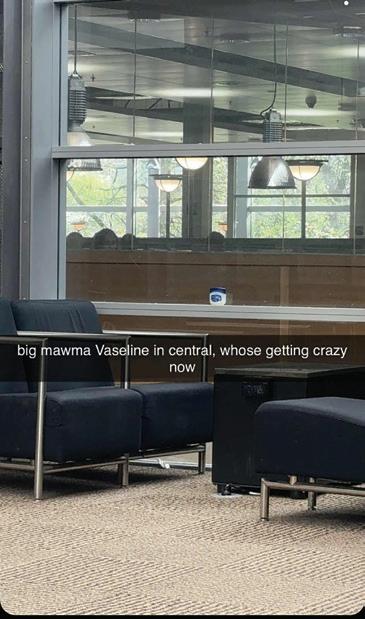
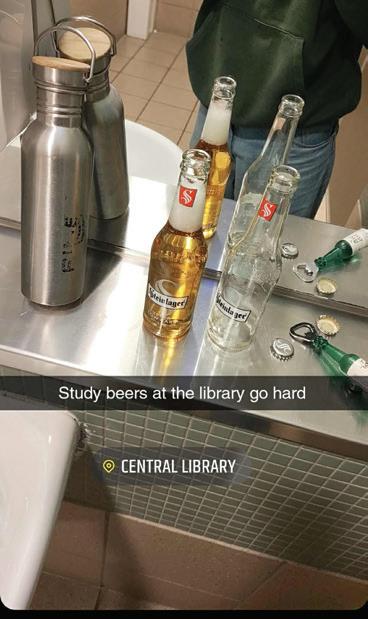
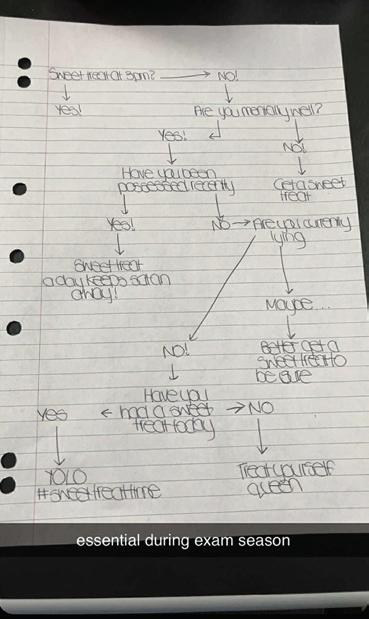
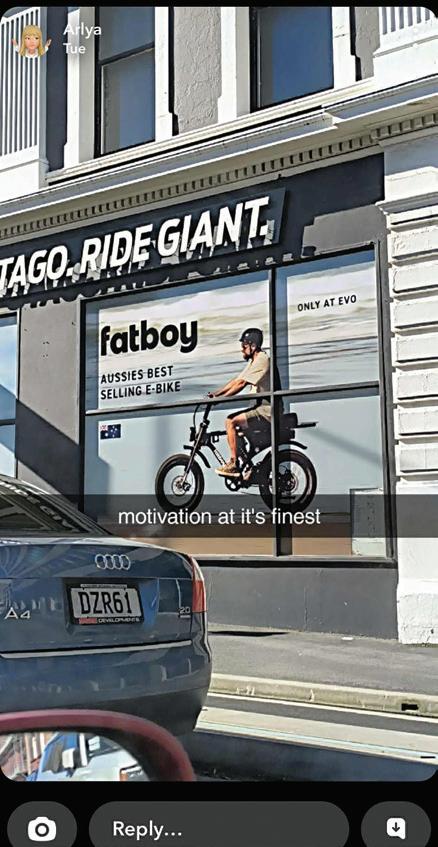
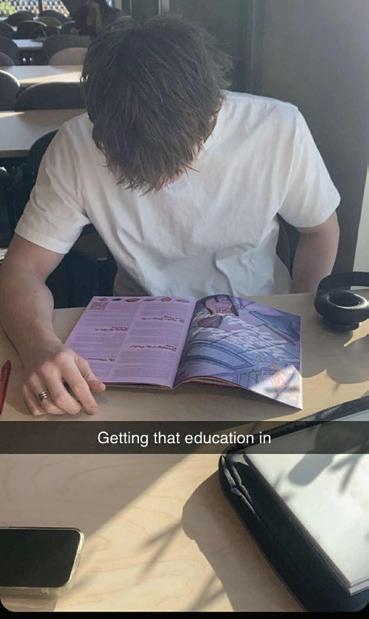
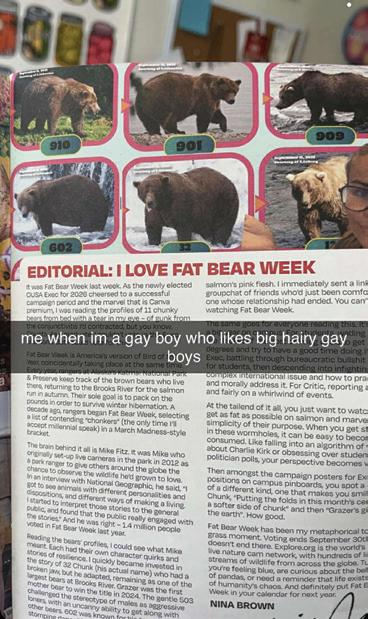
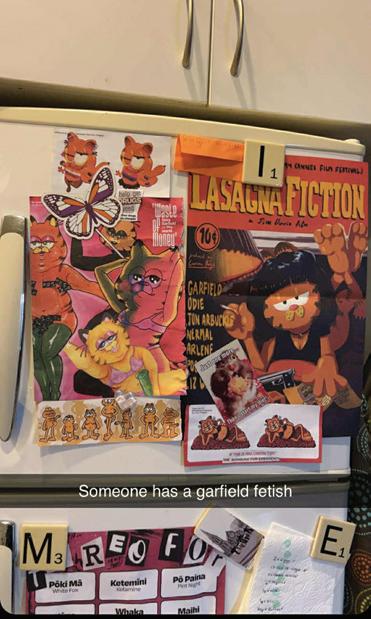
Kia Kaha, Otago
As this year draws to a close, I’ve found myself reflecting on the year we’ve had, the people I’ve worked alongside, and what this university really stands for.
When I first stepped into this role, I promised that our Executive would do things differently. We didn’t always get it right, but we did what we set out to do: make people care again. This year, we doubled election turnout. We delivered the biggest International Food Festival since COVID-19. We fought for doctoral scholarships, secured progress on Albany Street, and opposed the Treaty Principles Bill. We tackled old policy backlogs, reached a break-even budget, launched new hardship support, and raised student housing as a national issue. We kept pushing for lecture recordings, updated our Constitution, and promoted student engagement in Local Body Elections.
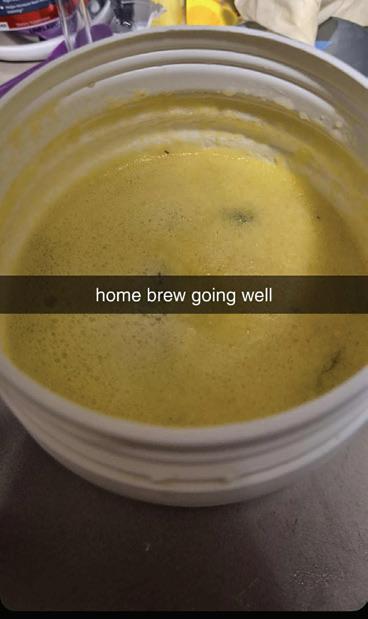
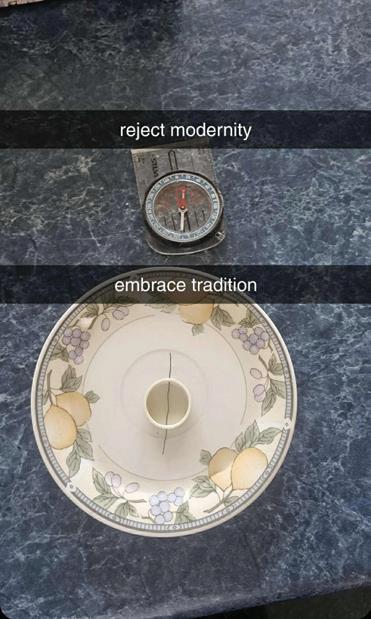
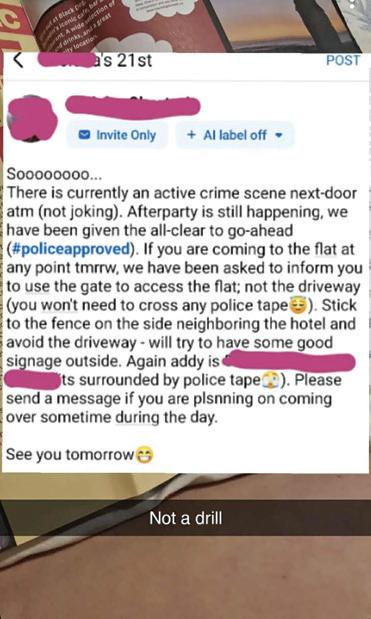
None of that happened alone. Our team never stopped showing up for students, even when it was hard to do so. There were moments when walking away would’ve been easier. But no one did. Every person on this Executive knew that students, and the idea of a strong, united student voice, are worth standing up for.
What stays with me as I prepare to leave isn’t just the work, but the people. The people who turn up to fight for better housing, fairer policies, and a kinder campus. The friends and colleagues who challenge, support, and inspire me daily.
I’ve thought a lot lately about what universities are really for. Some say excellence, academic, research, service, experience. But I think it’s something deeper: change. Universities exist to give us the tools to build a better world, and the courage and space to use them.
This leaves us with a responsibility to build a better future for everyone who comes after us. Right now, that mission matters more than ever. Rents are rising. Student poverty is becoming increasingly real. Mental health services are stretched thin. And the Government doesn't seem to have much interest in supporting us. Yet, despite it all, I still believe in what this place – our place – can be, if we’re brave enough to build it.
So, to every Otago student: stay curious, stay loud, and above all, stay kind. Keep building the better world we know is possible.
Kia kaha Otago.
Liam White
2025 OUSA President

